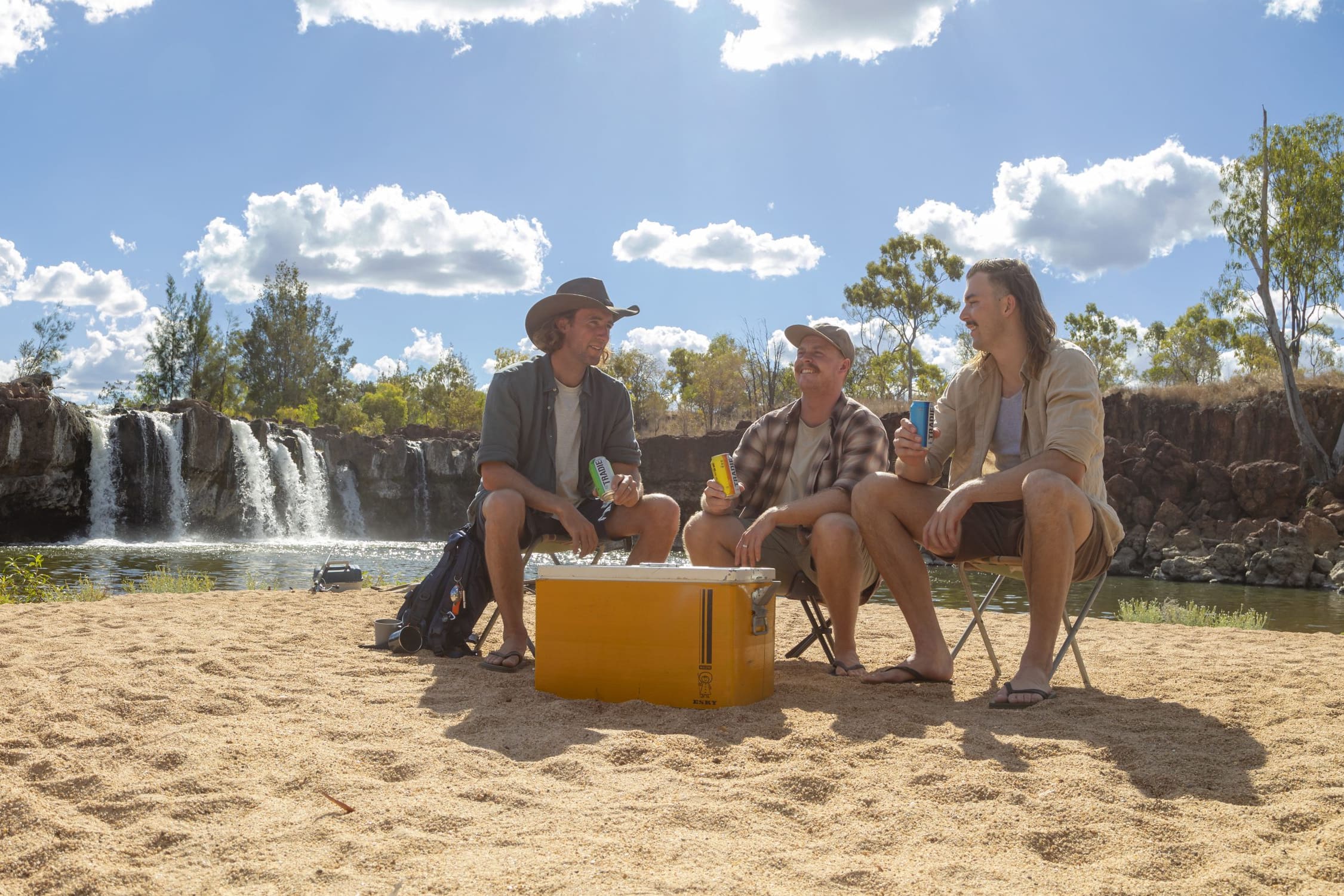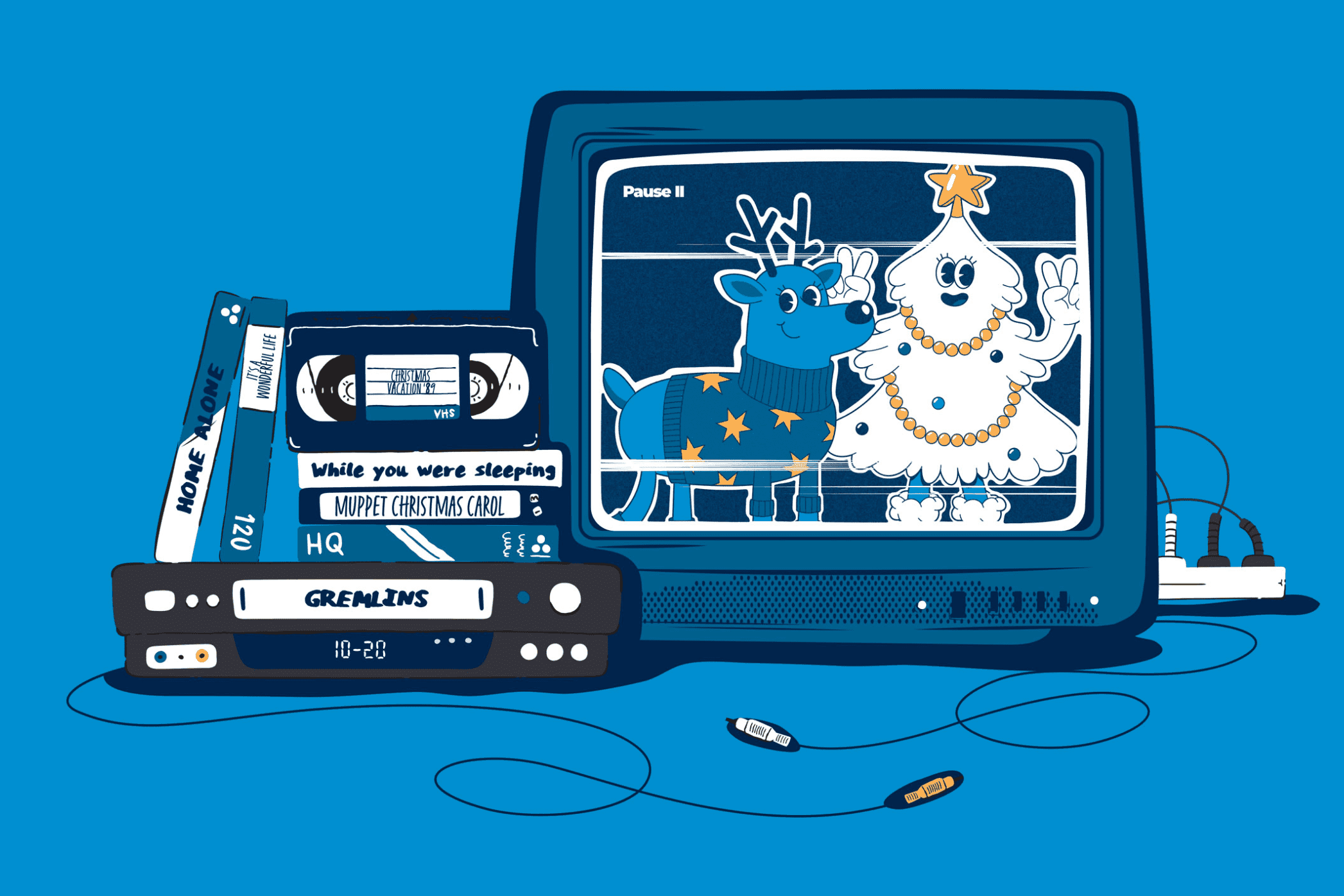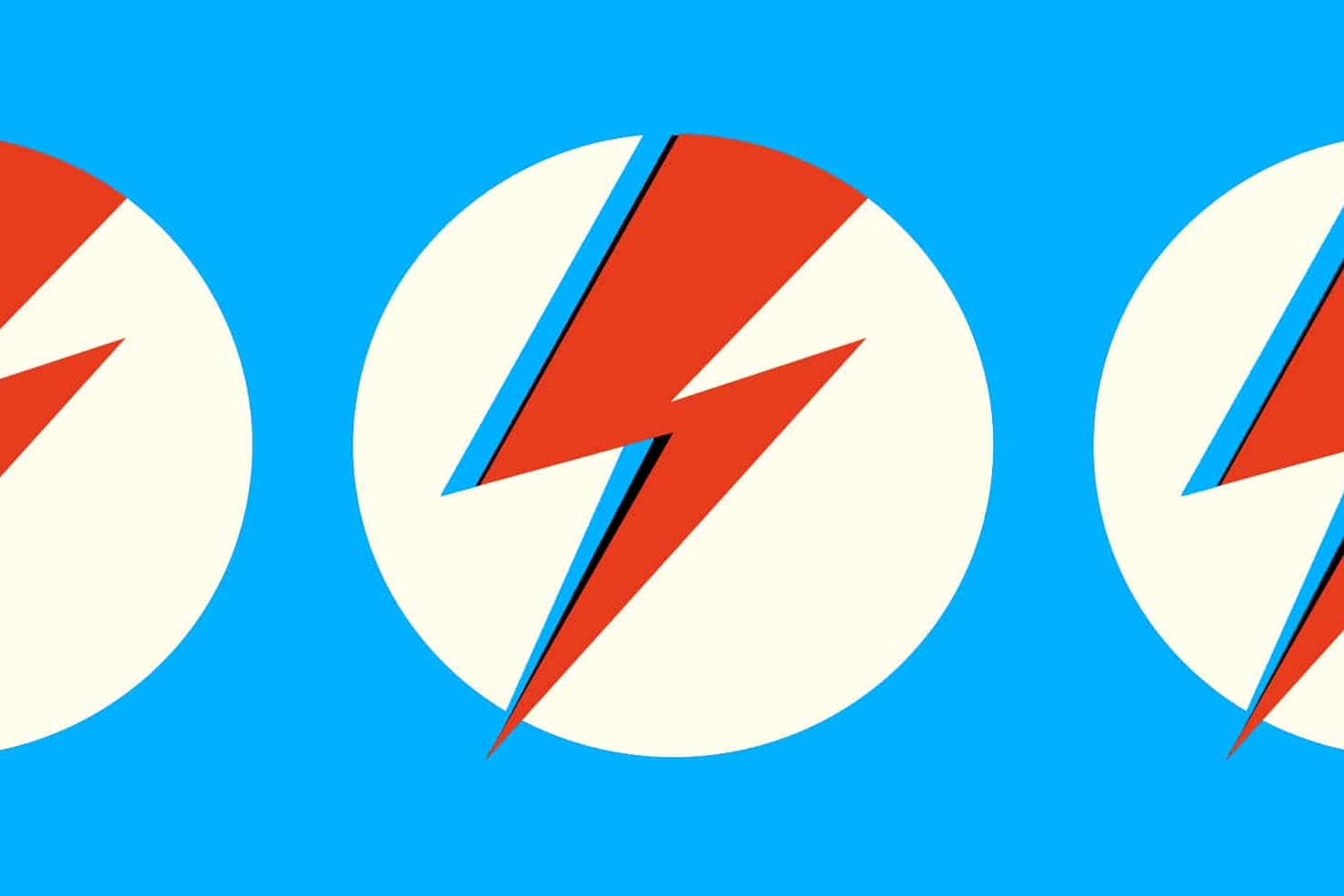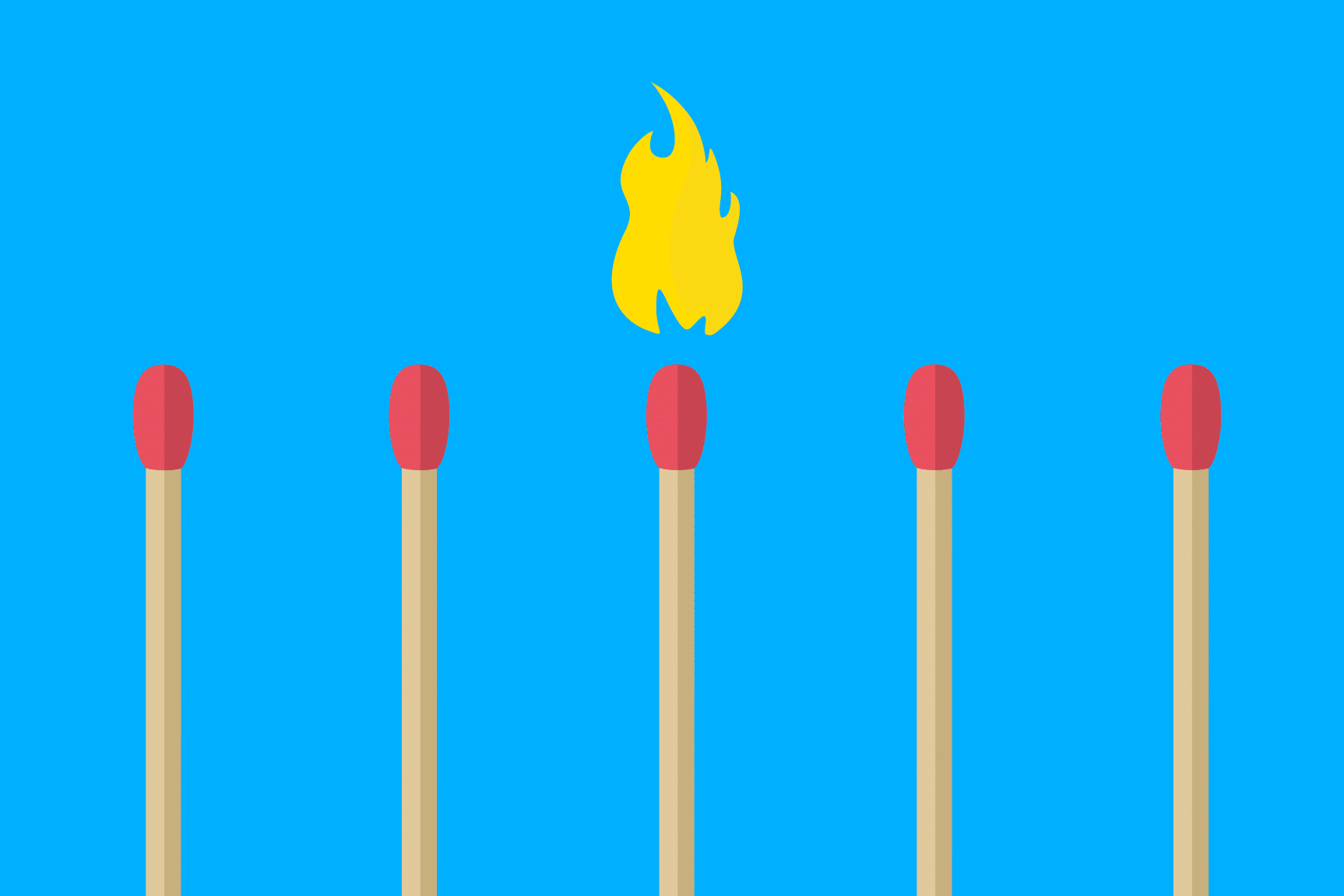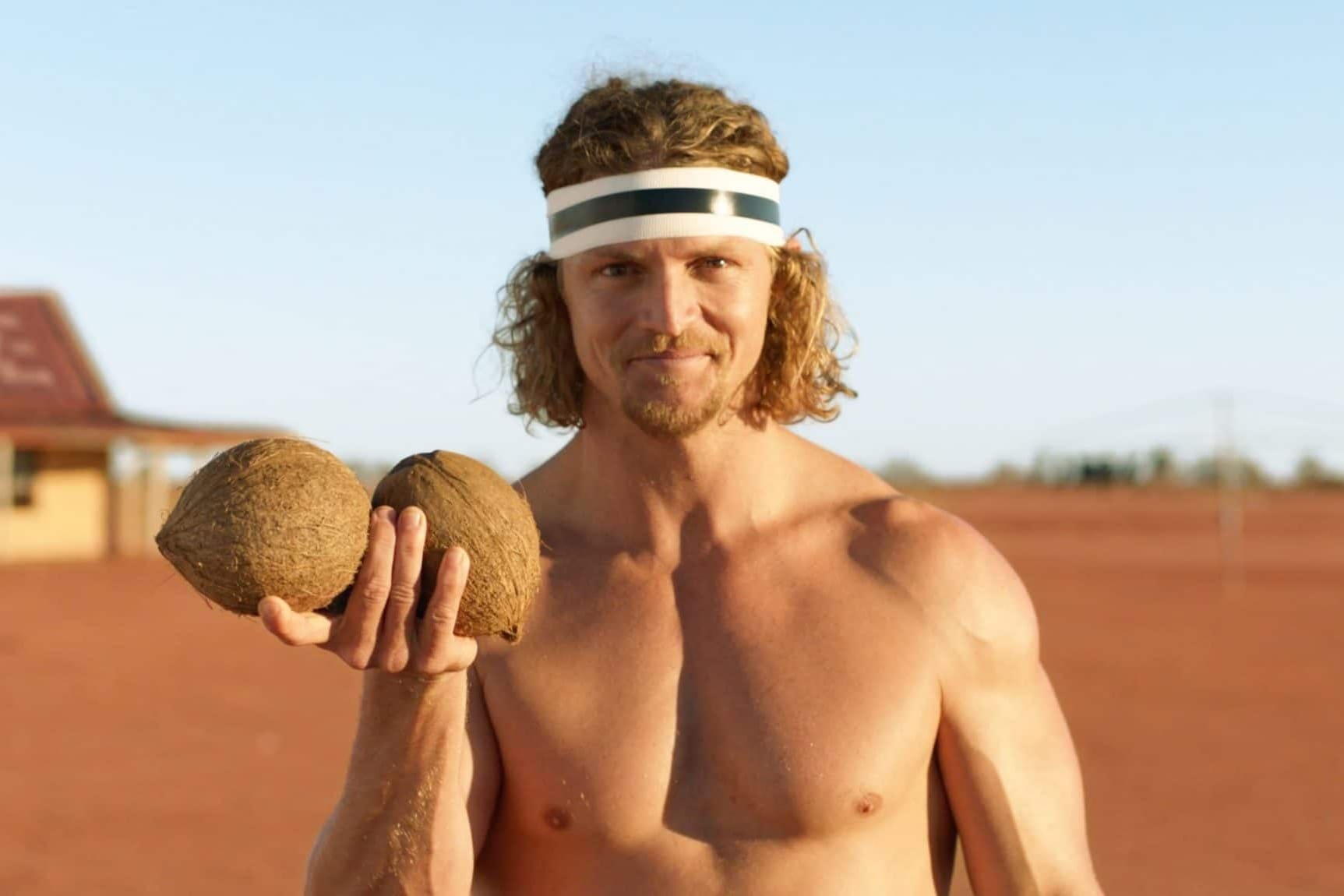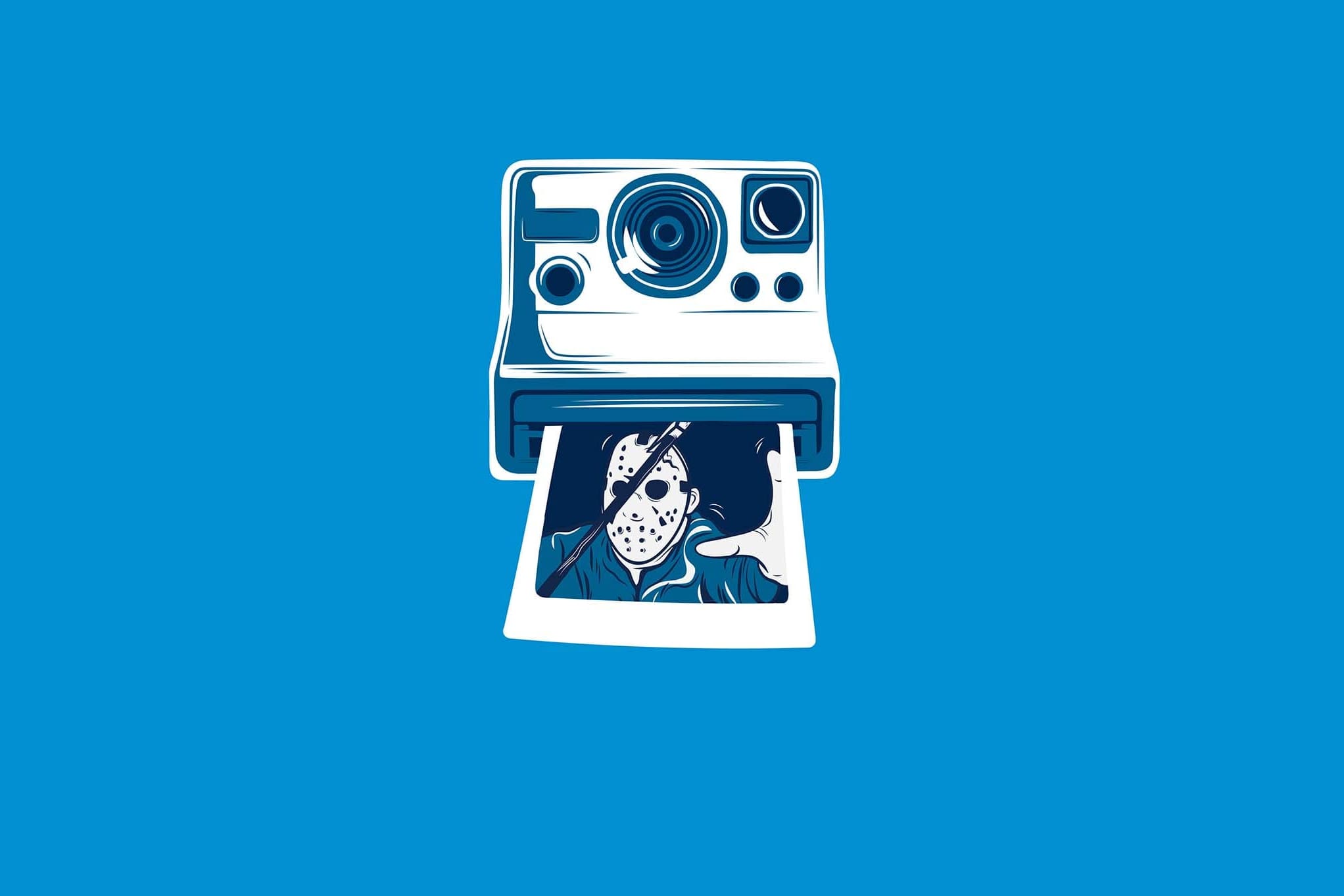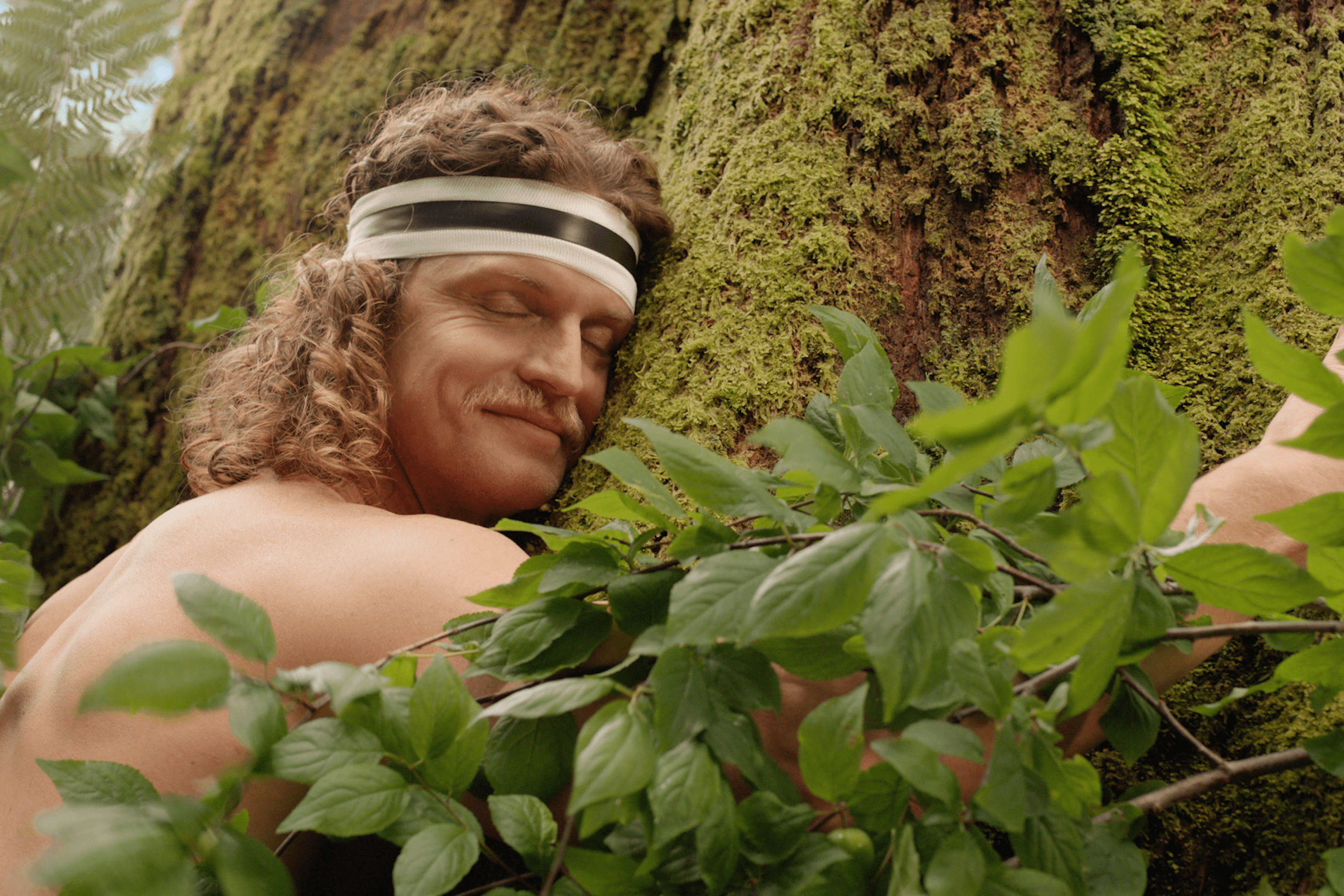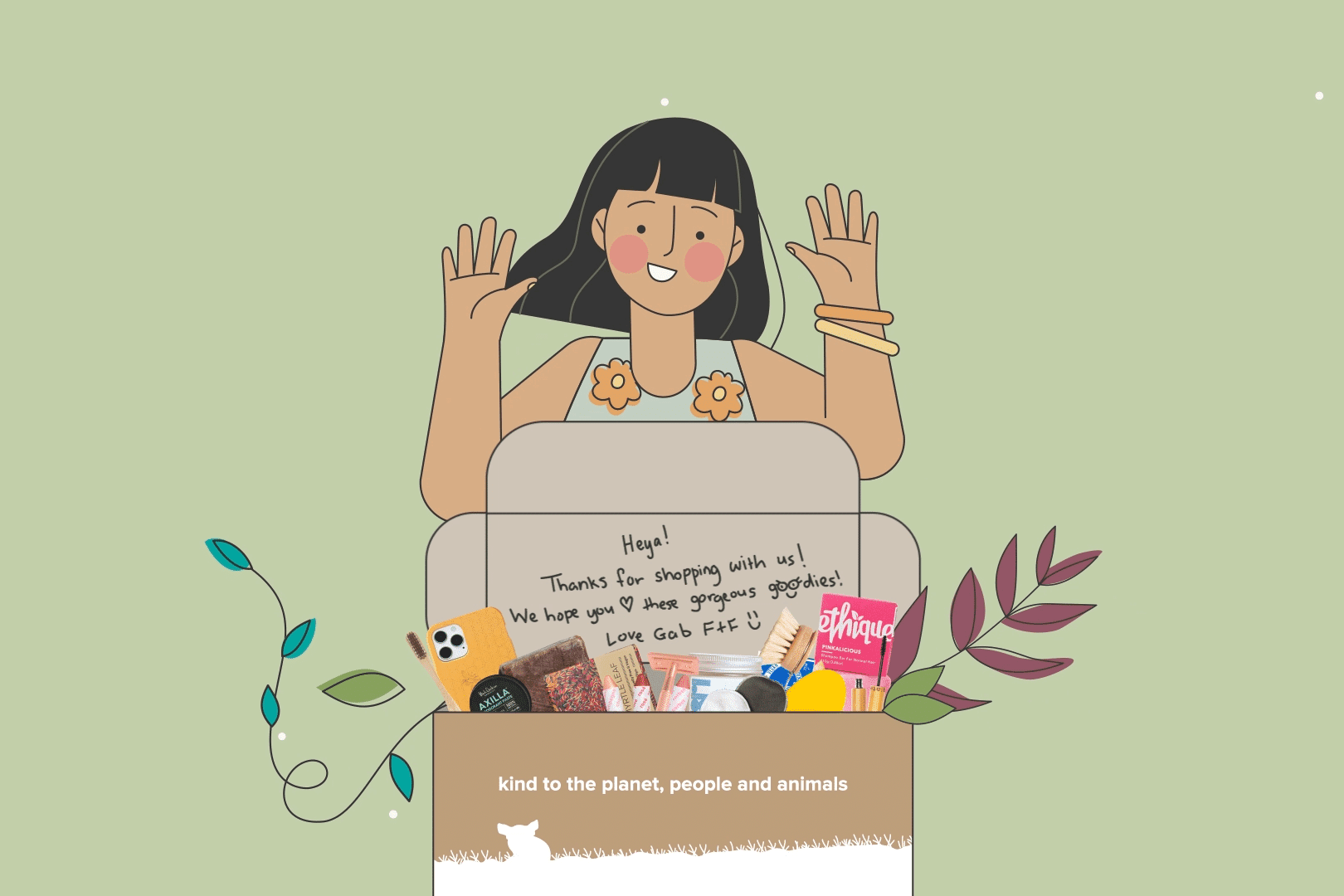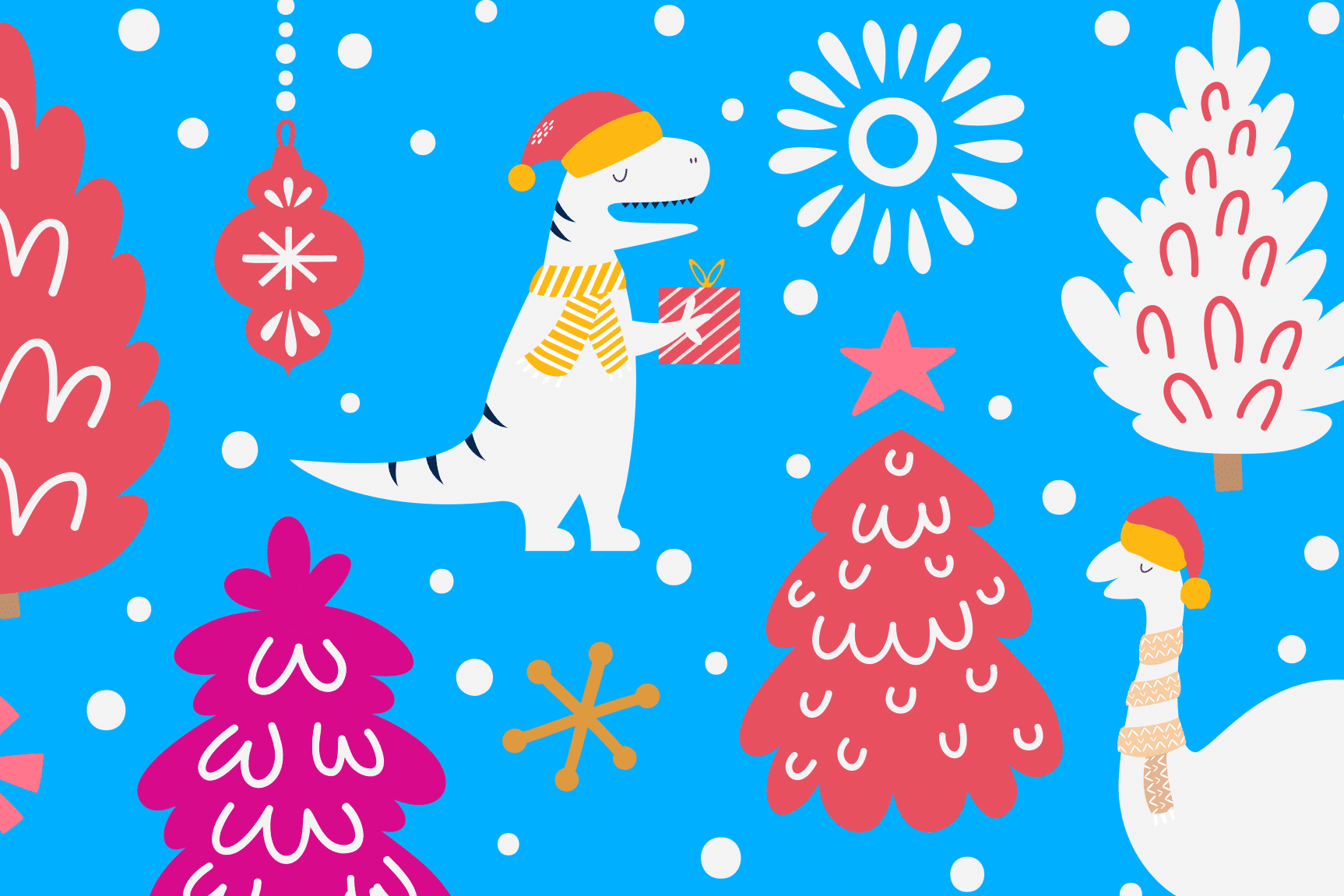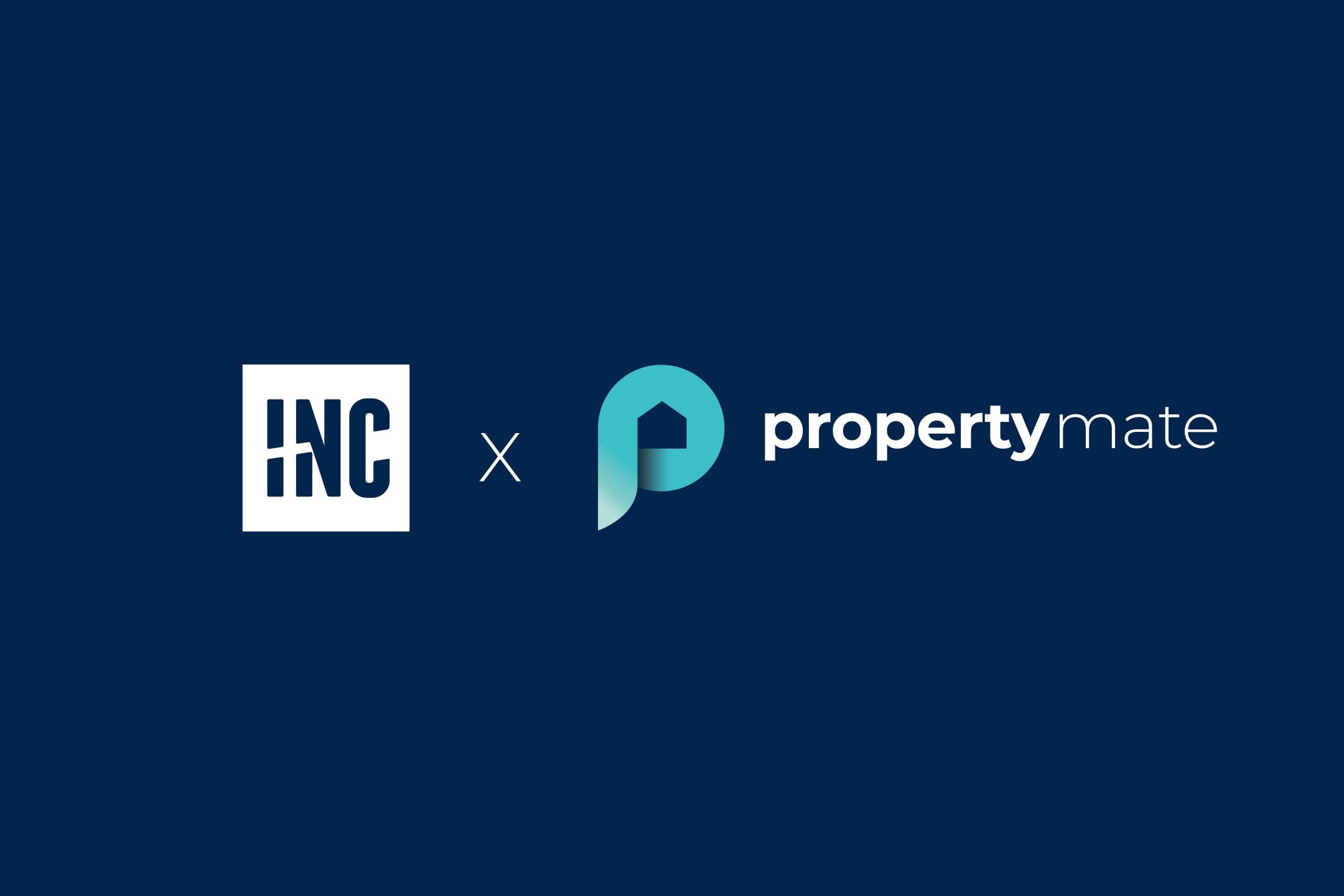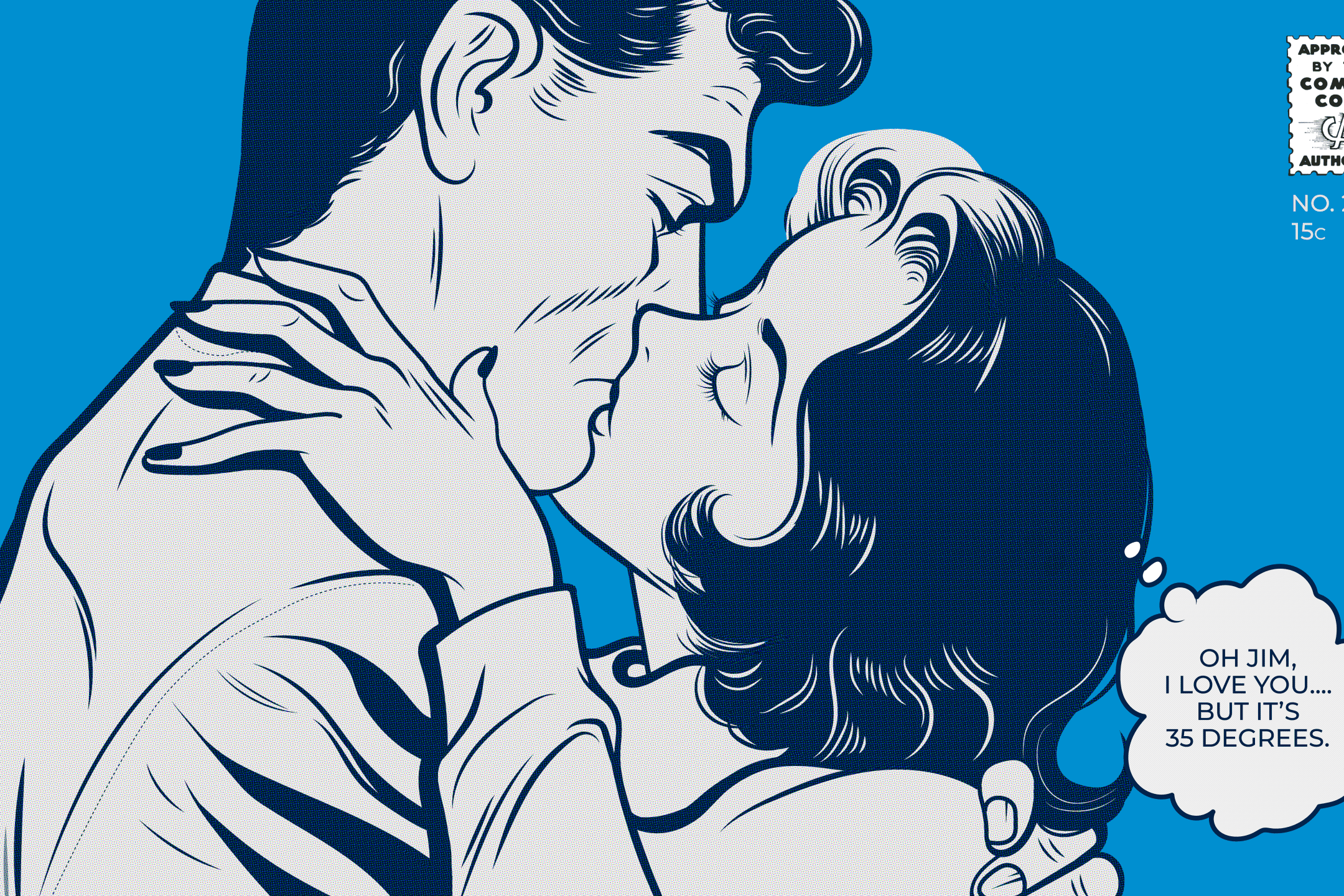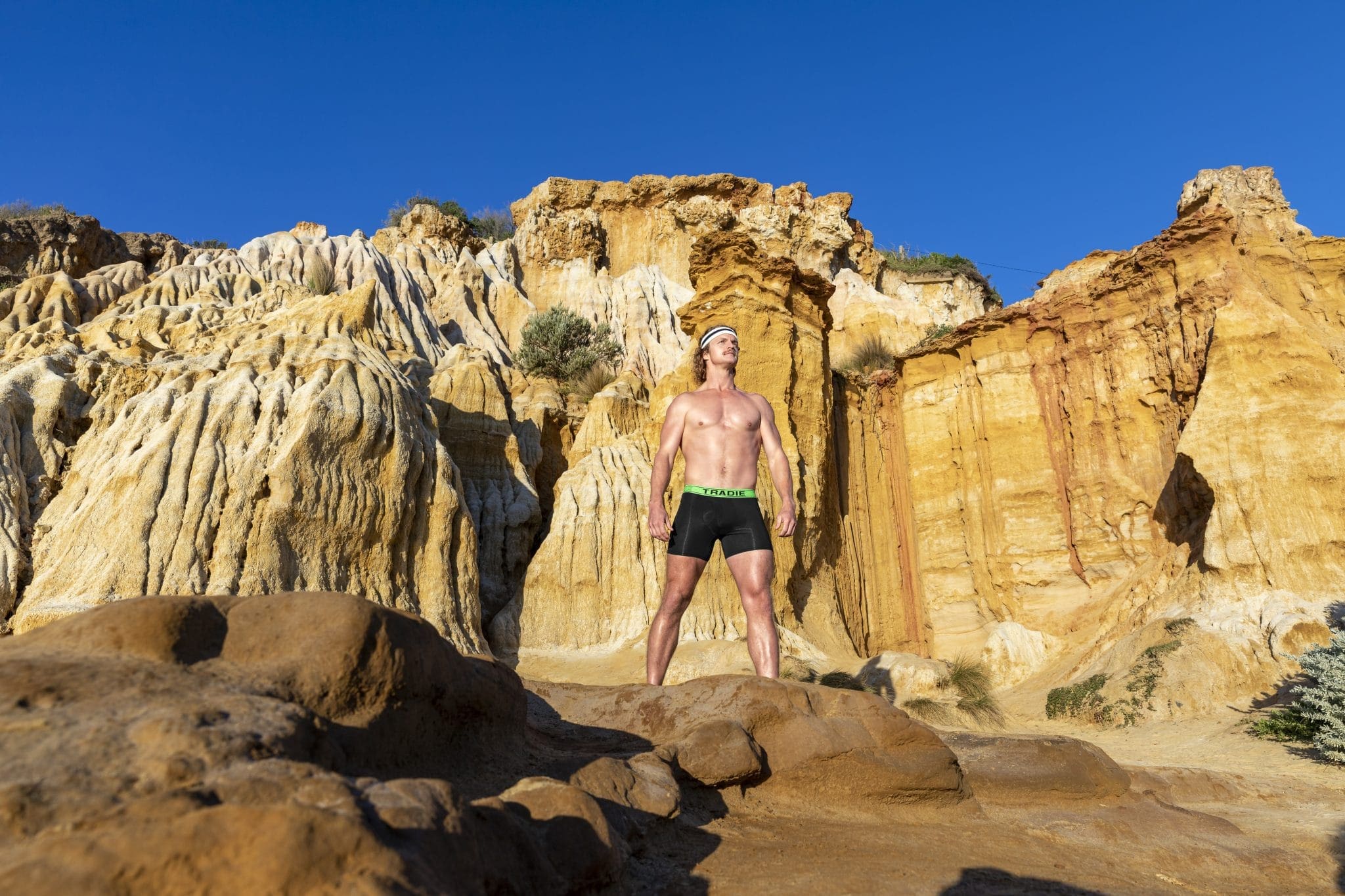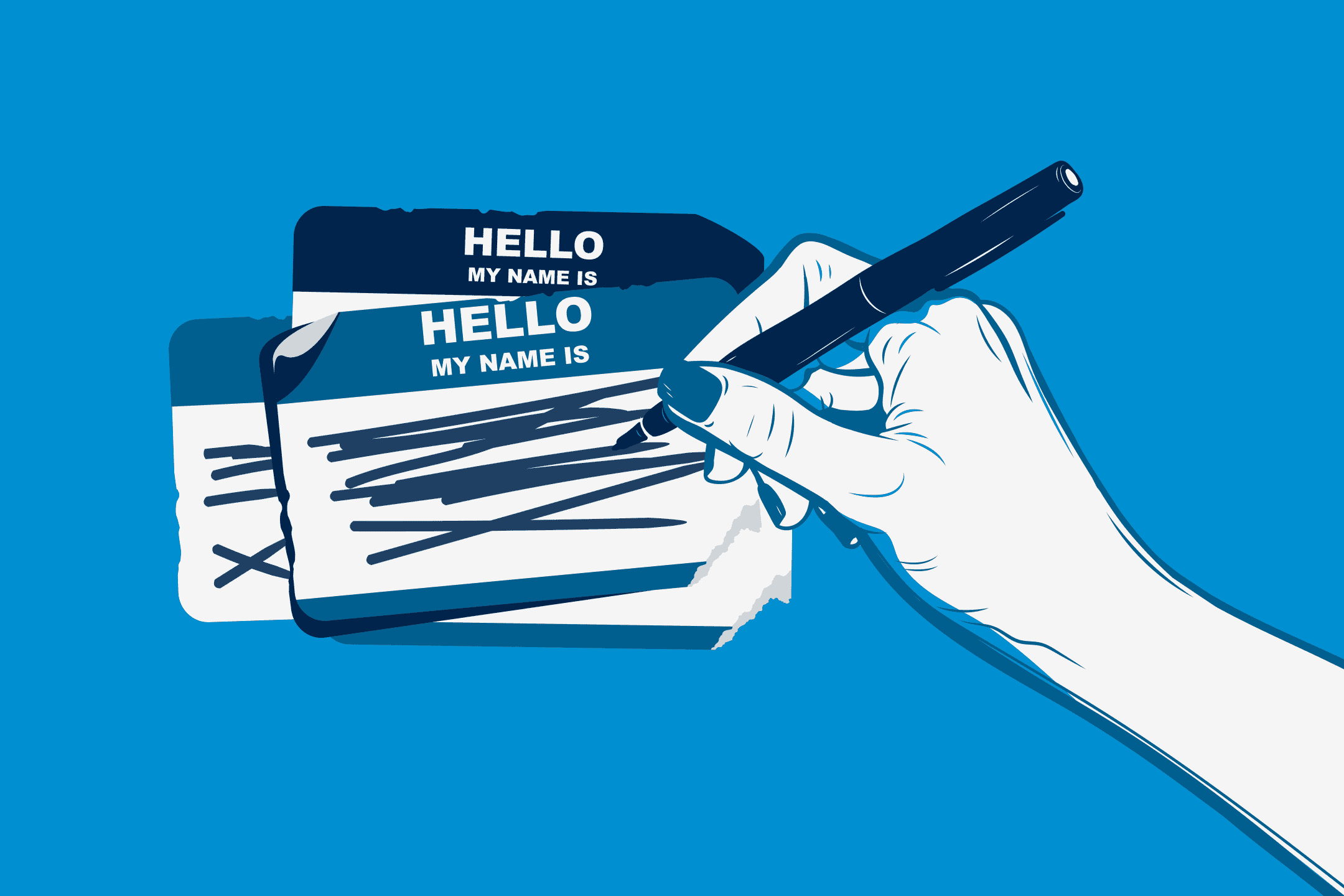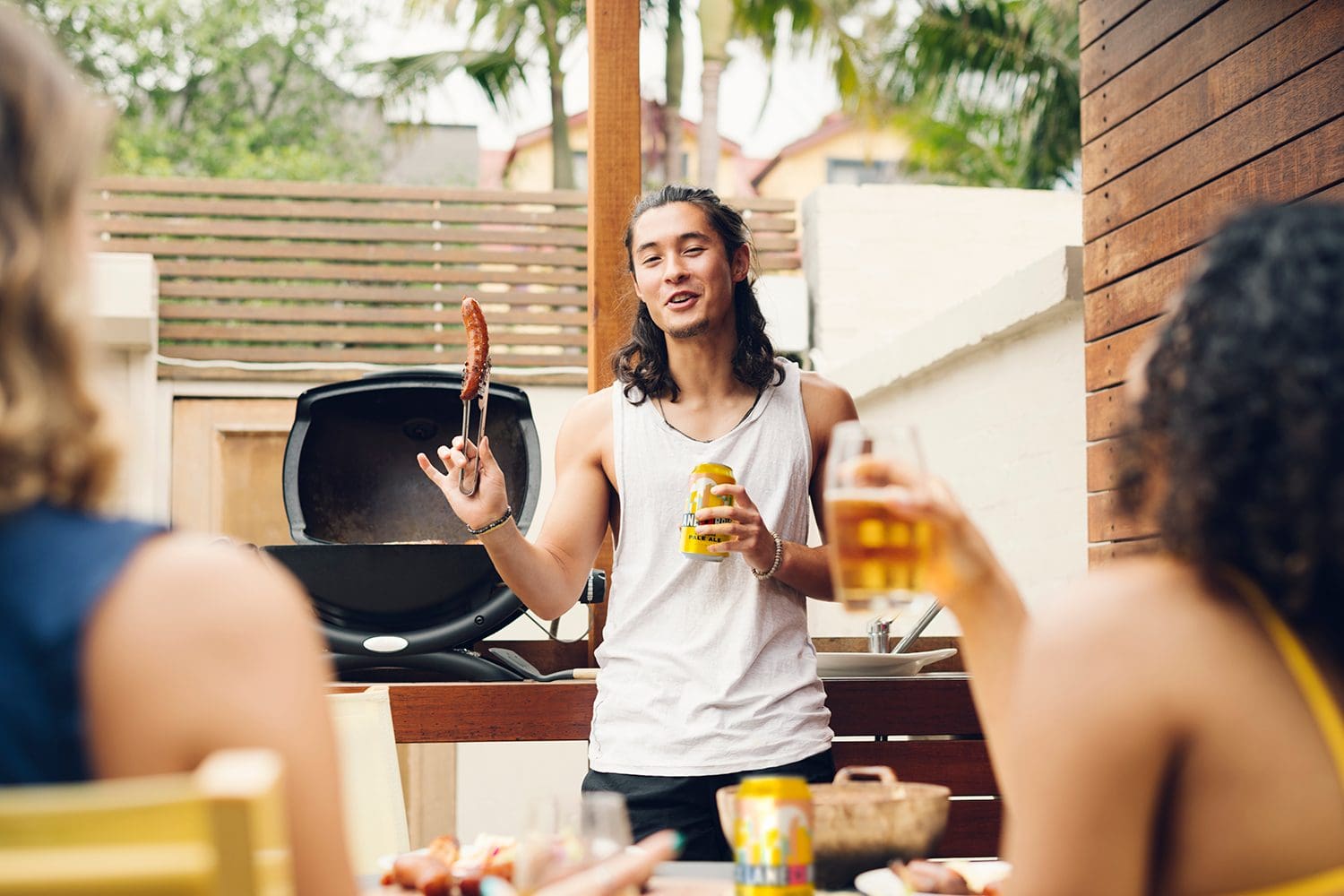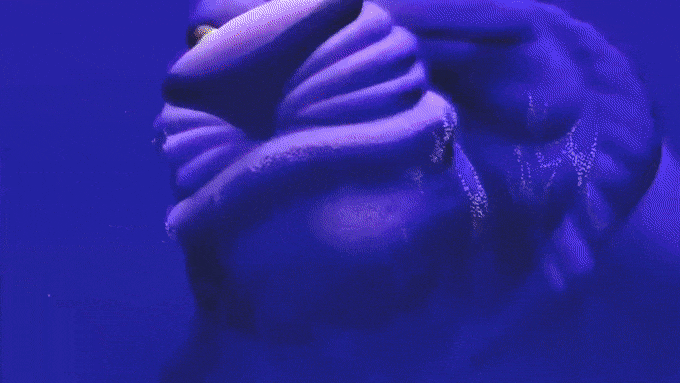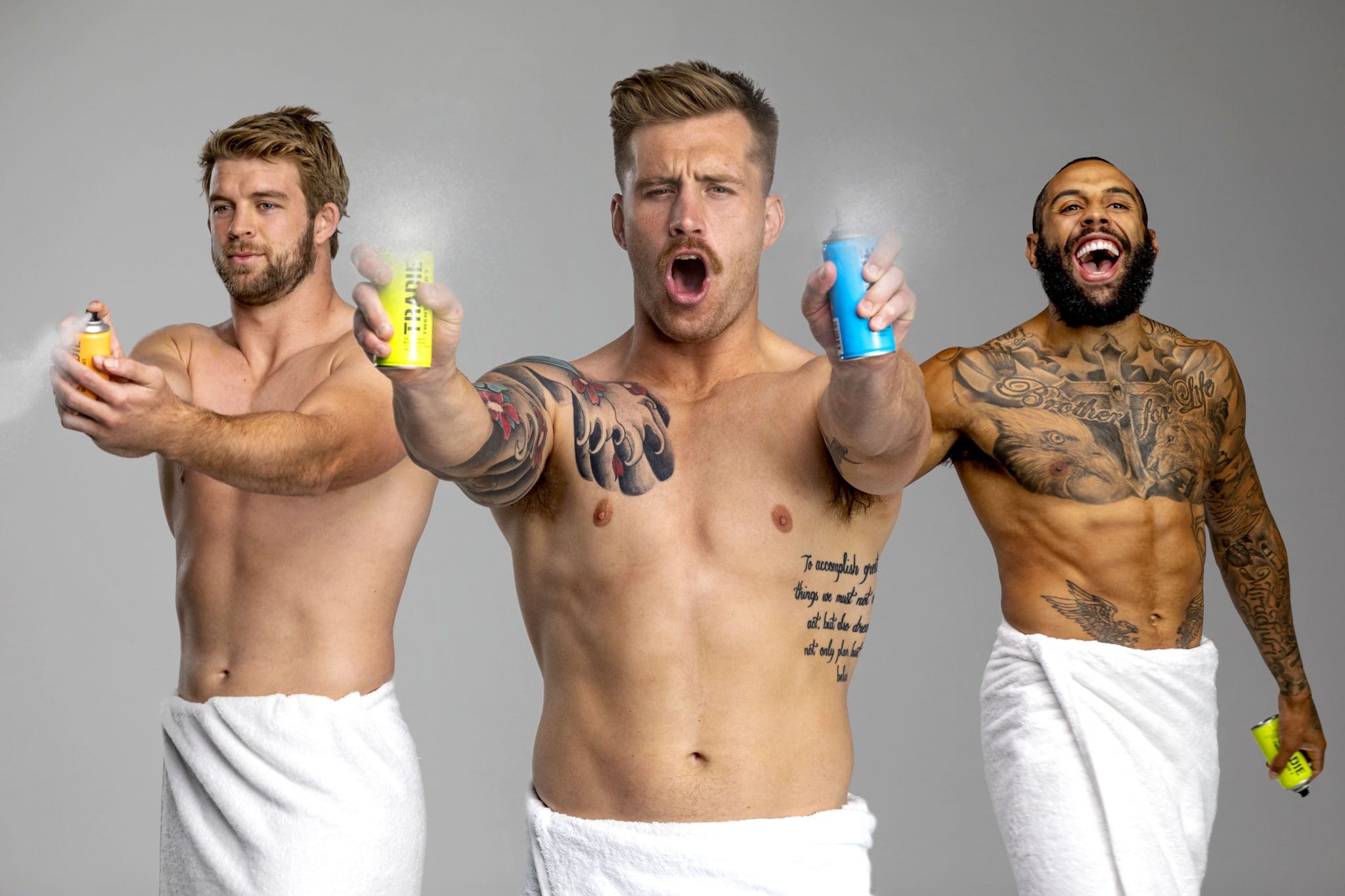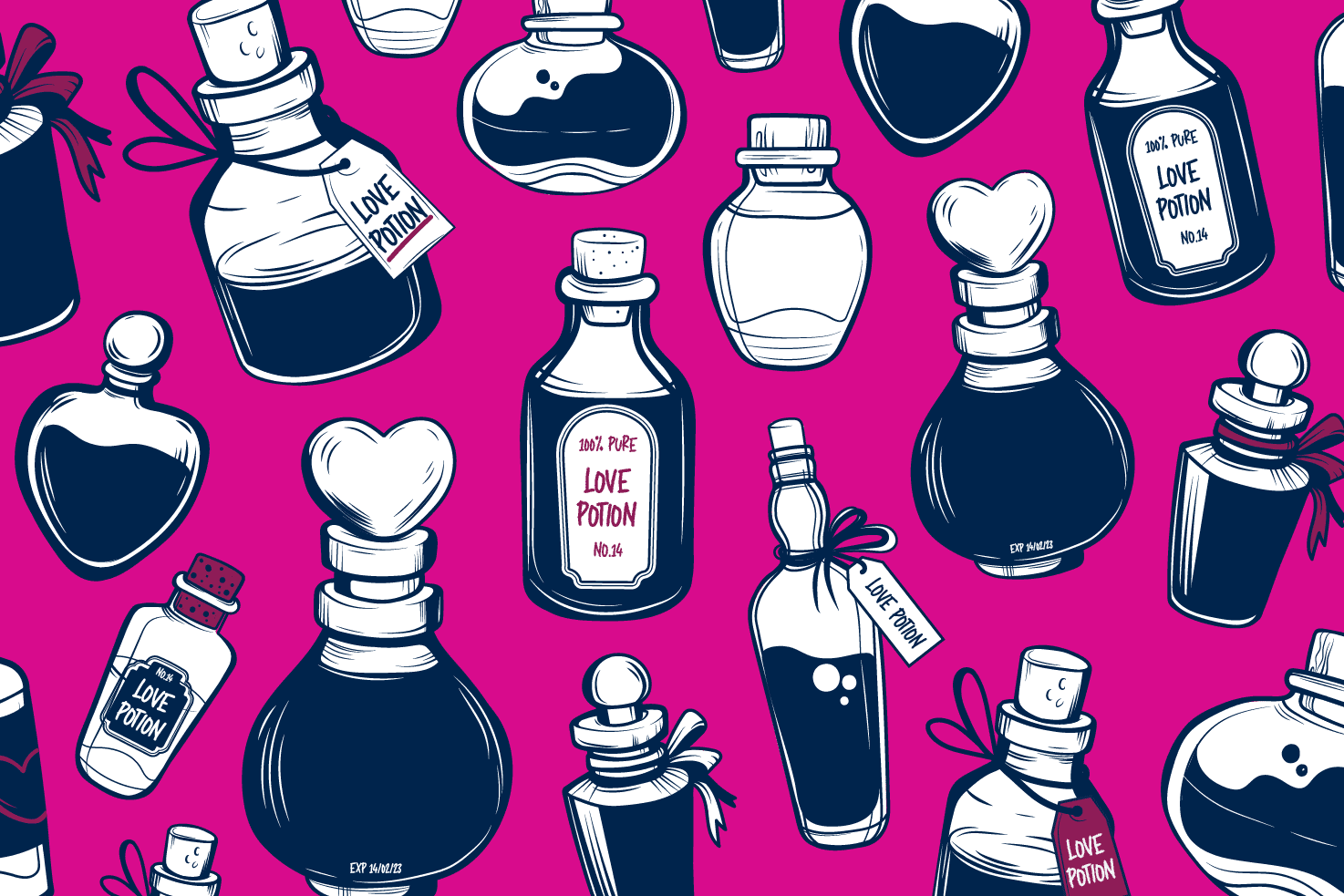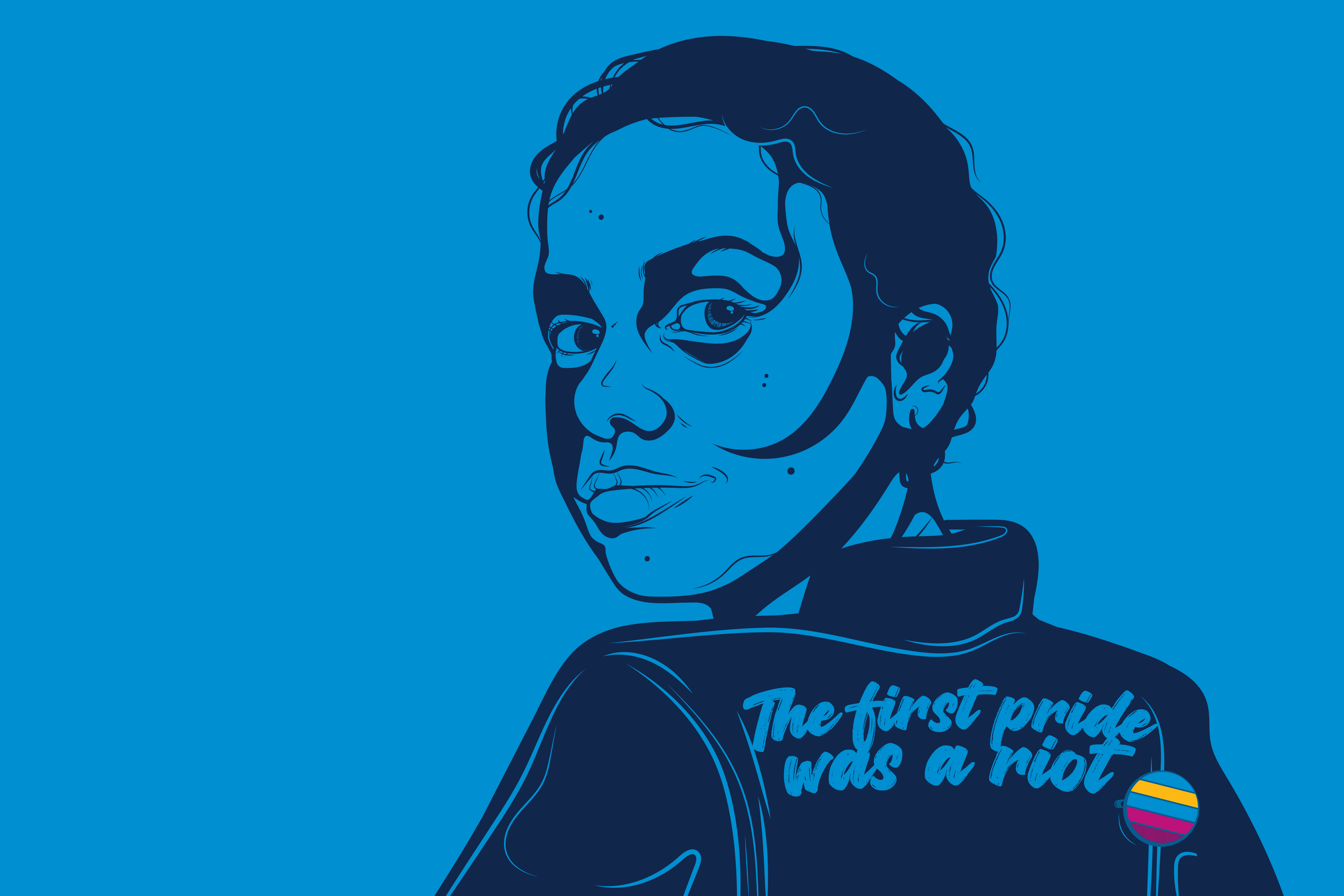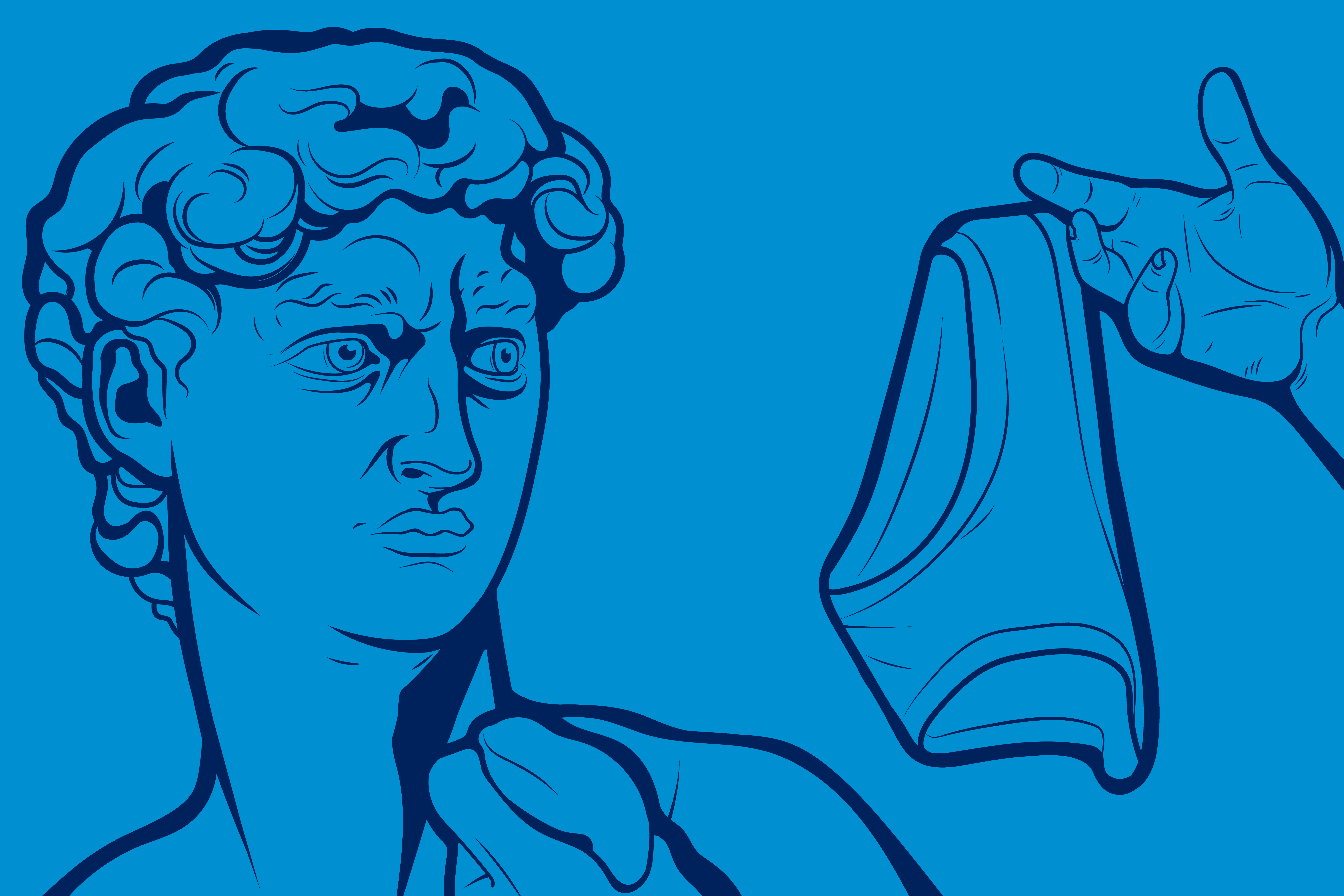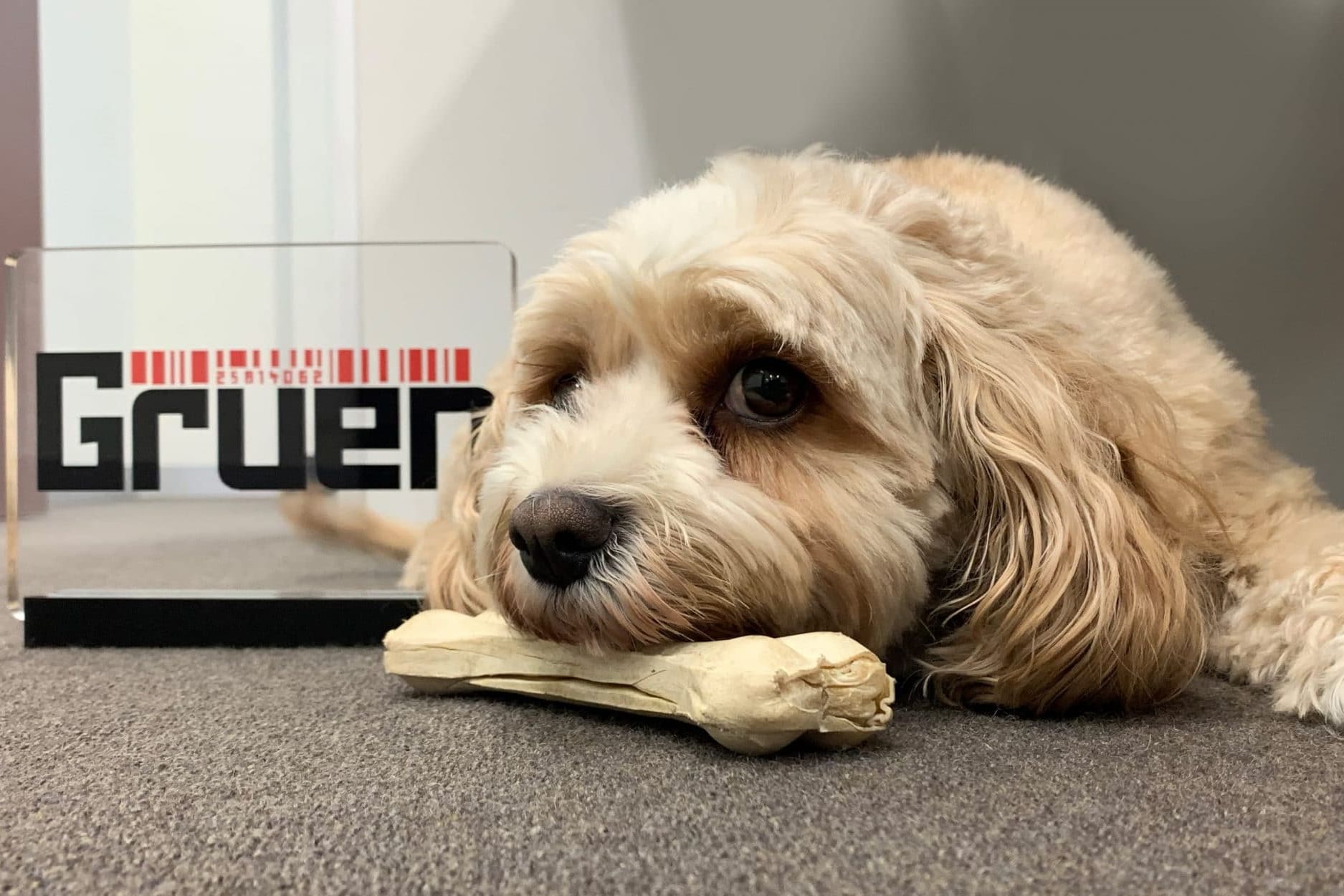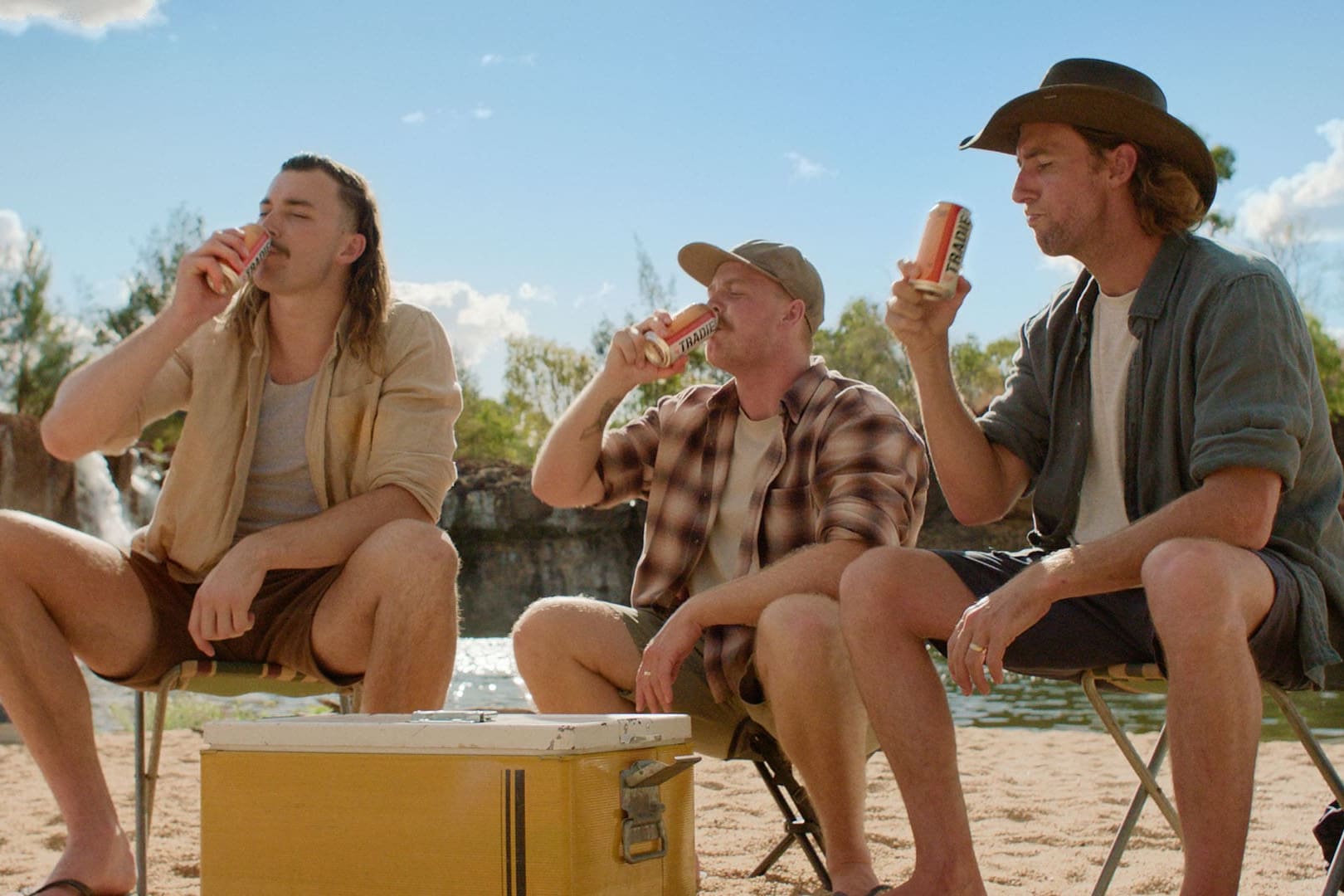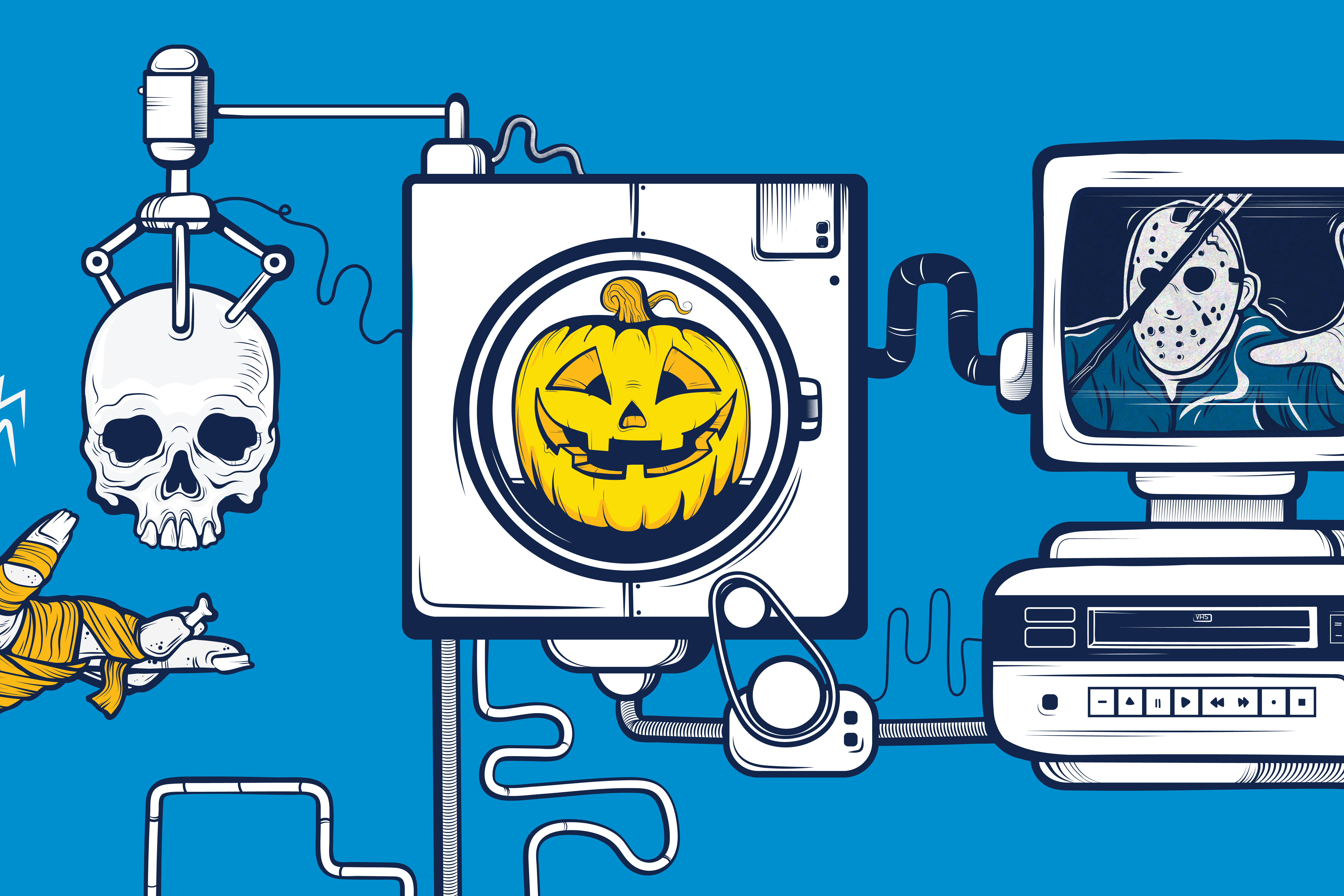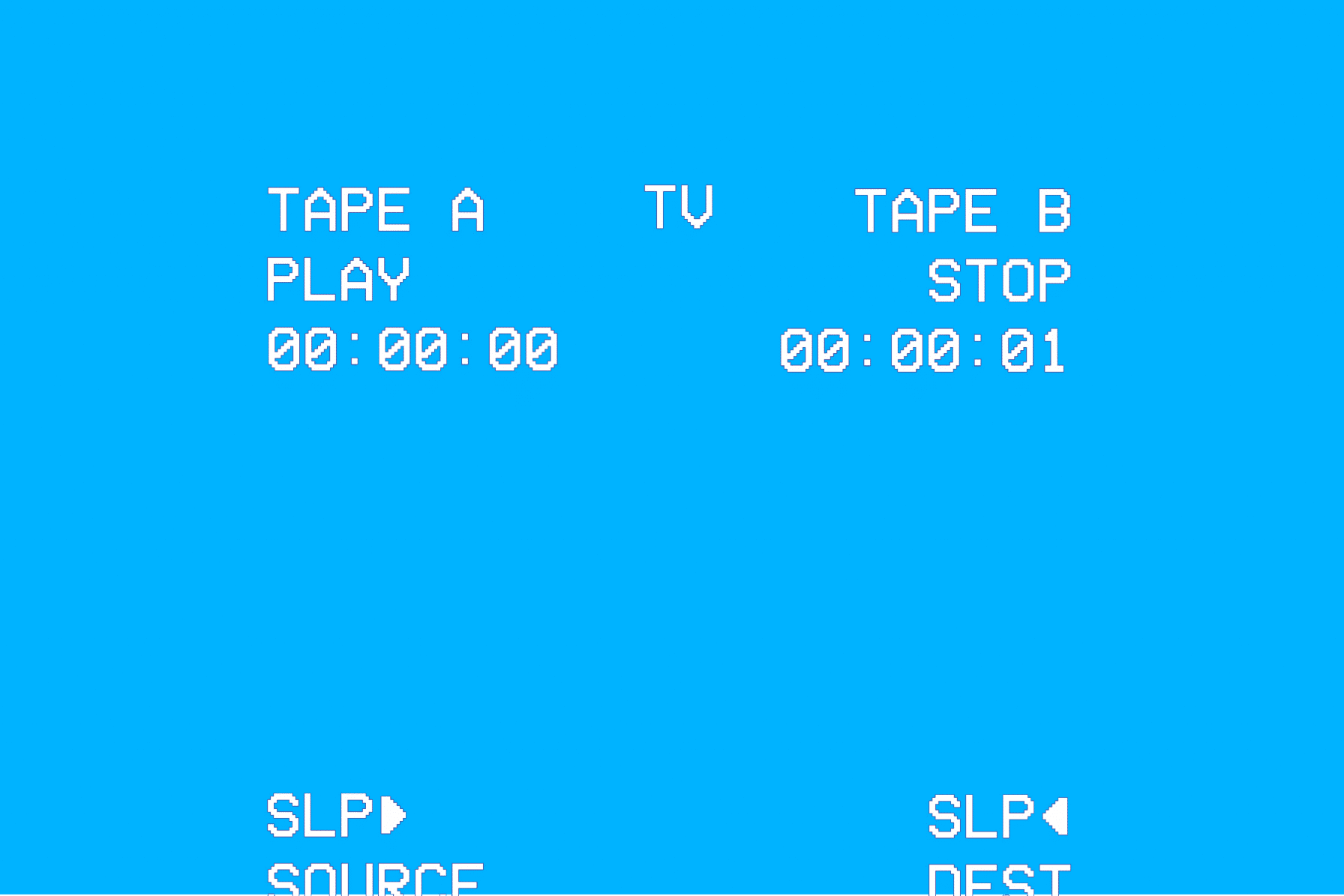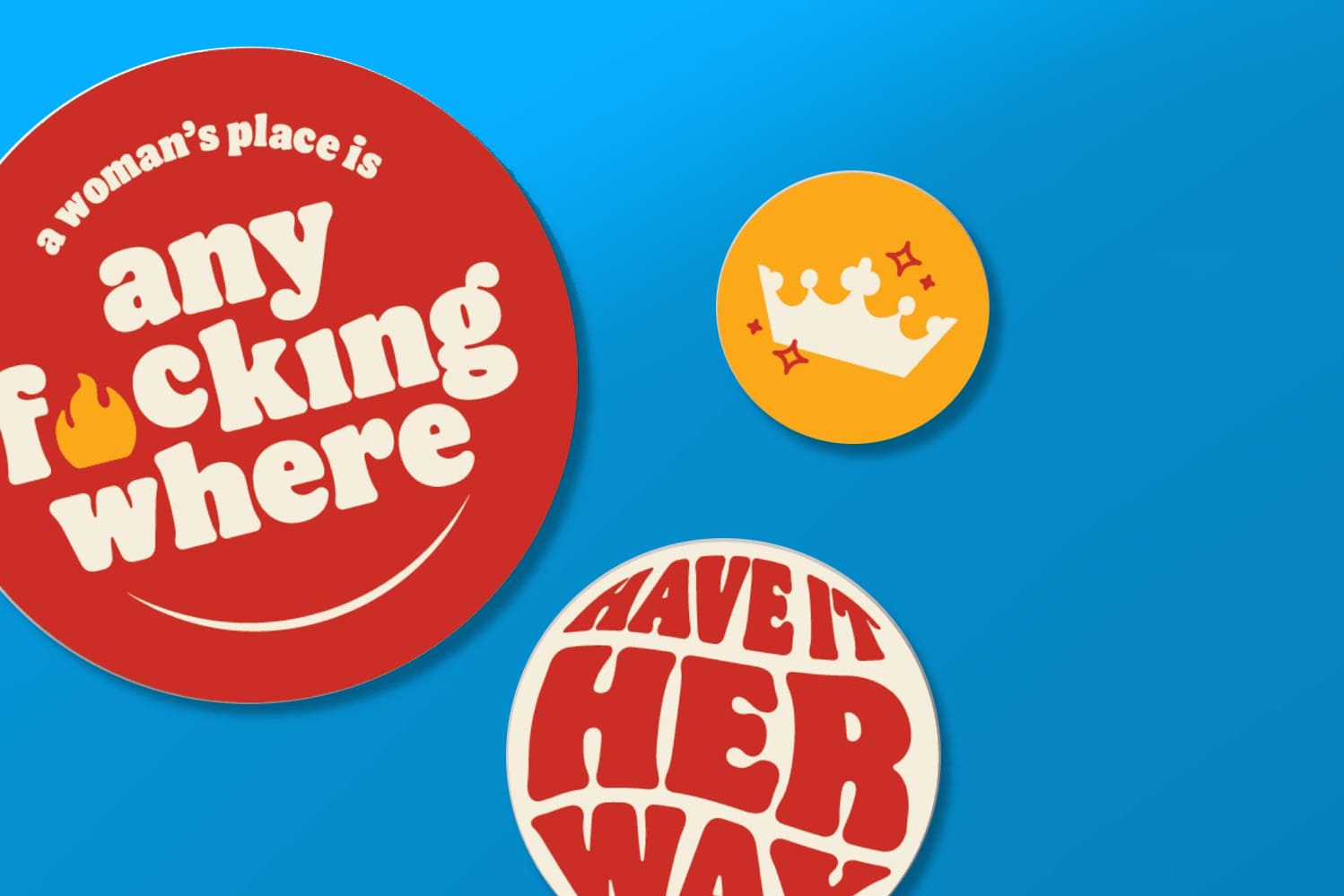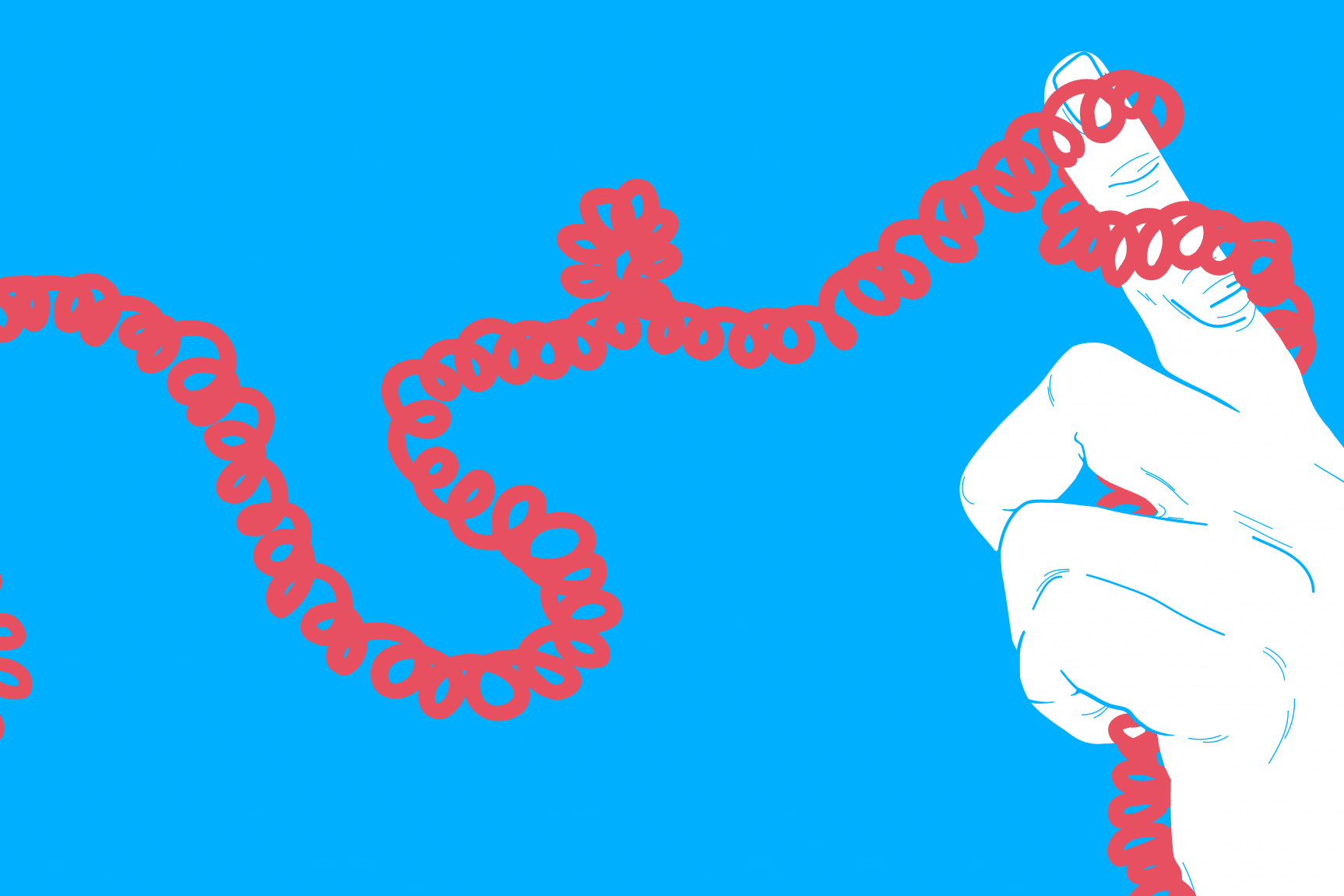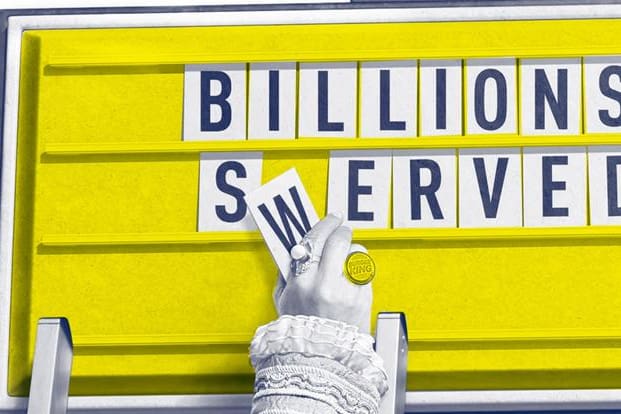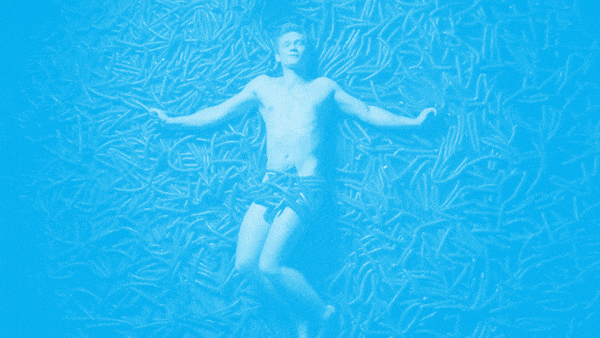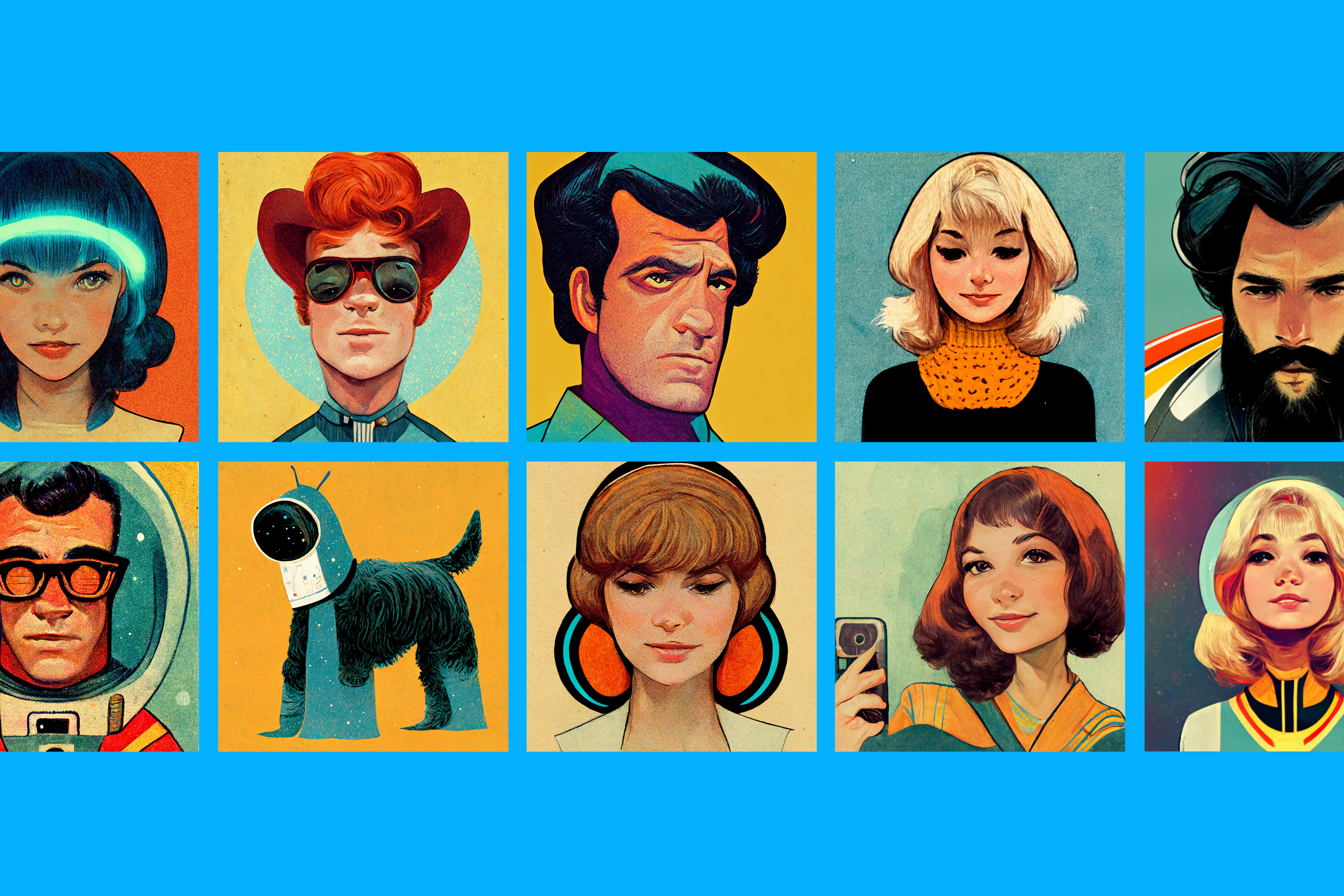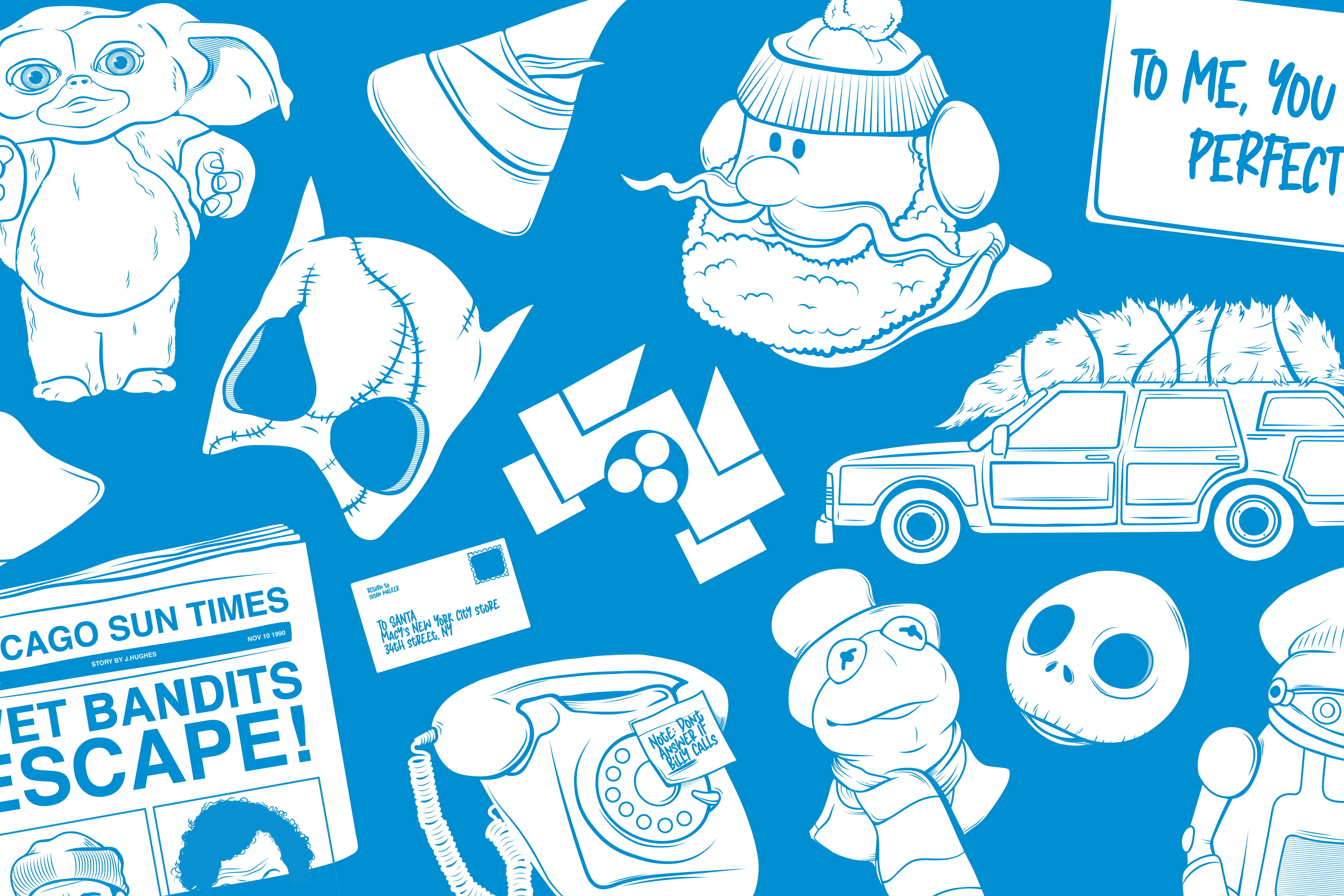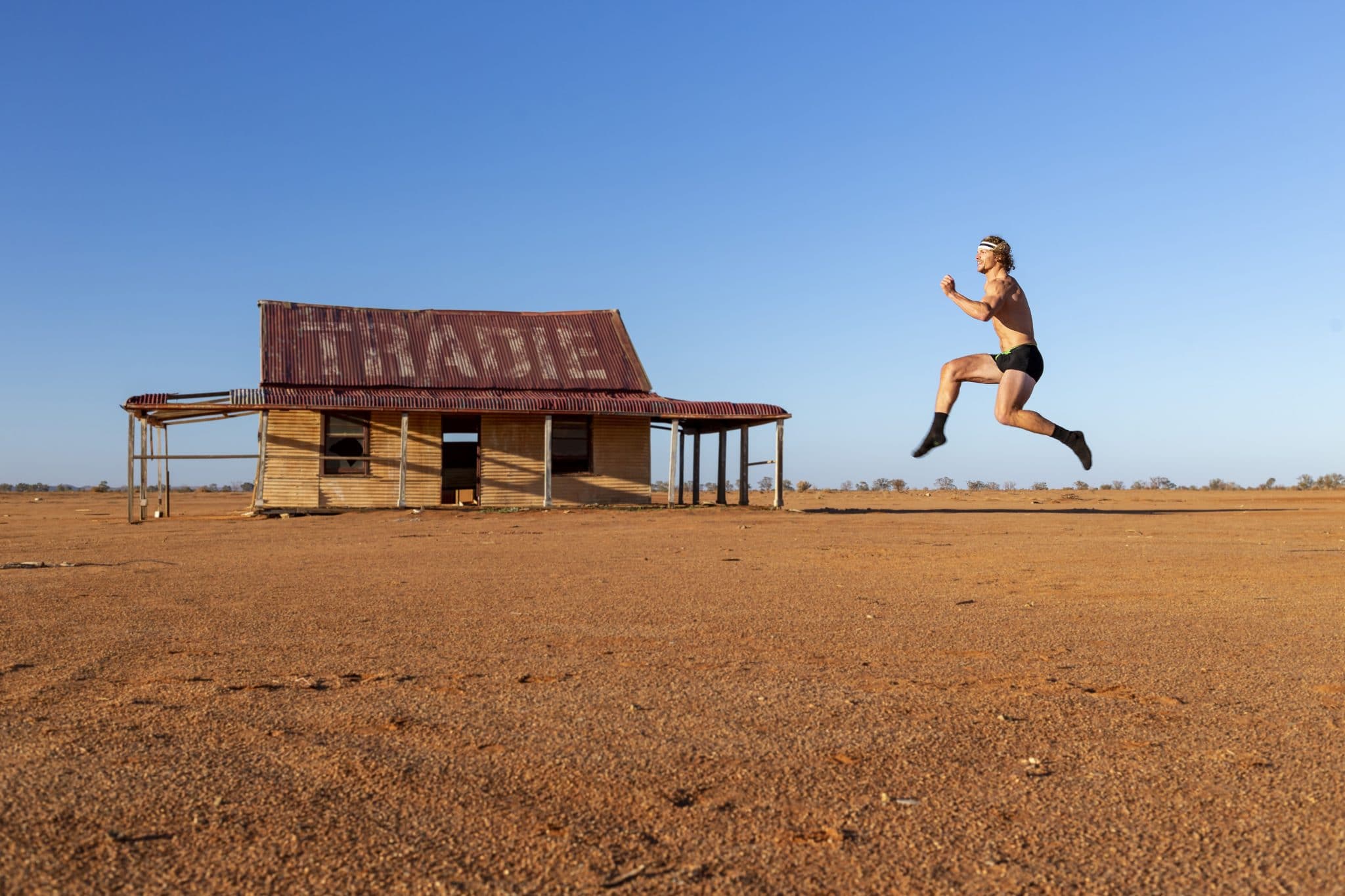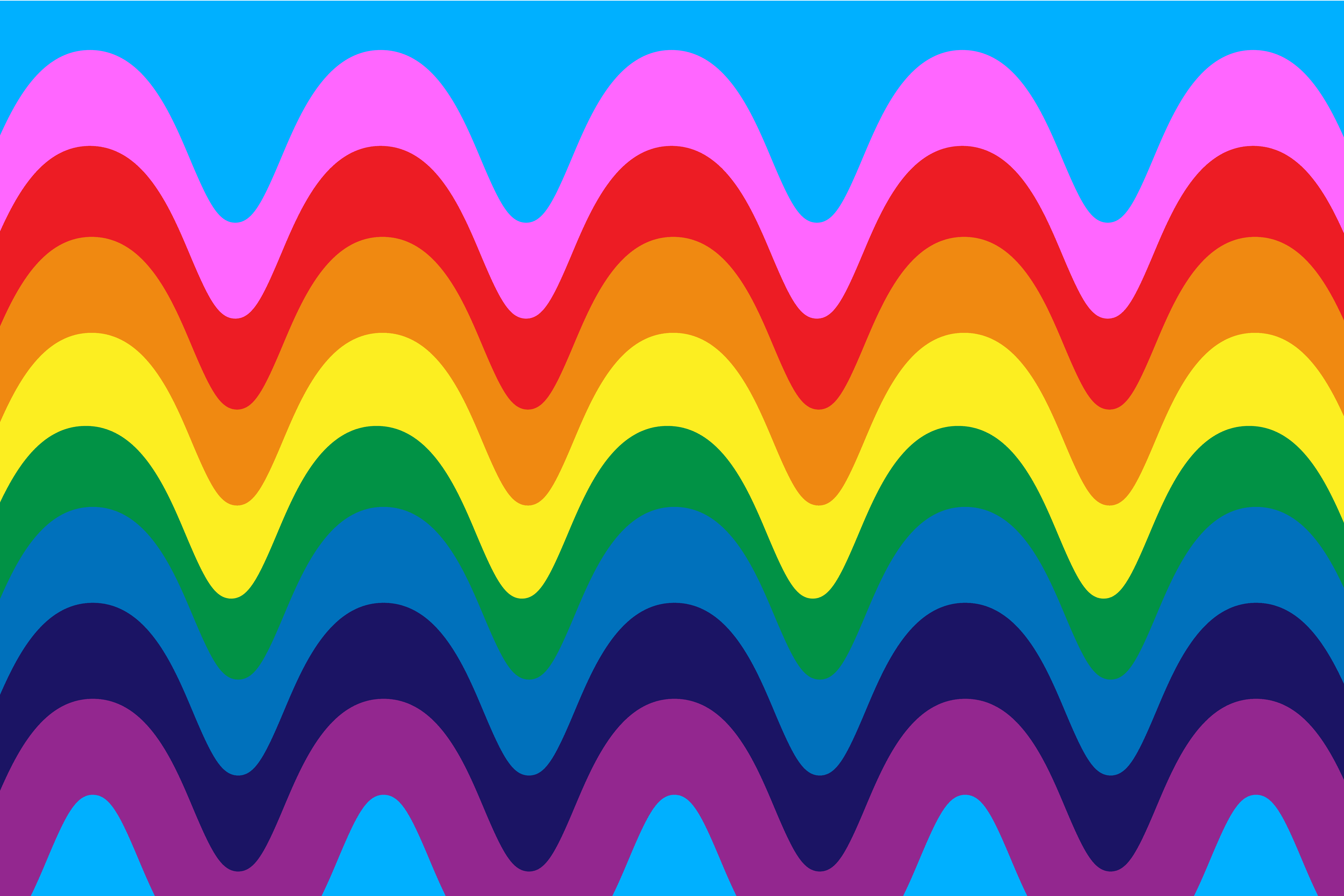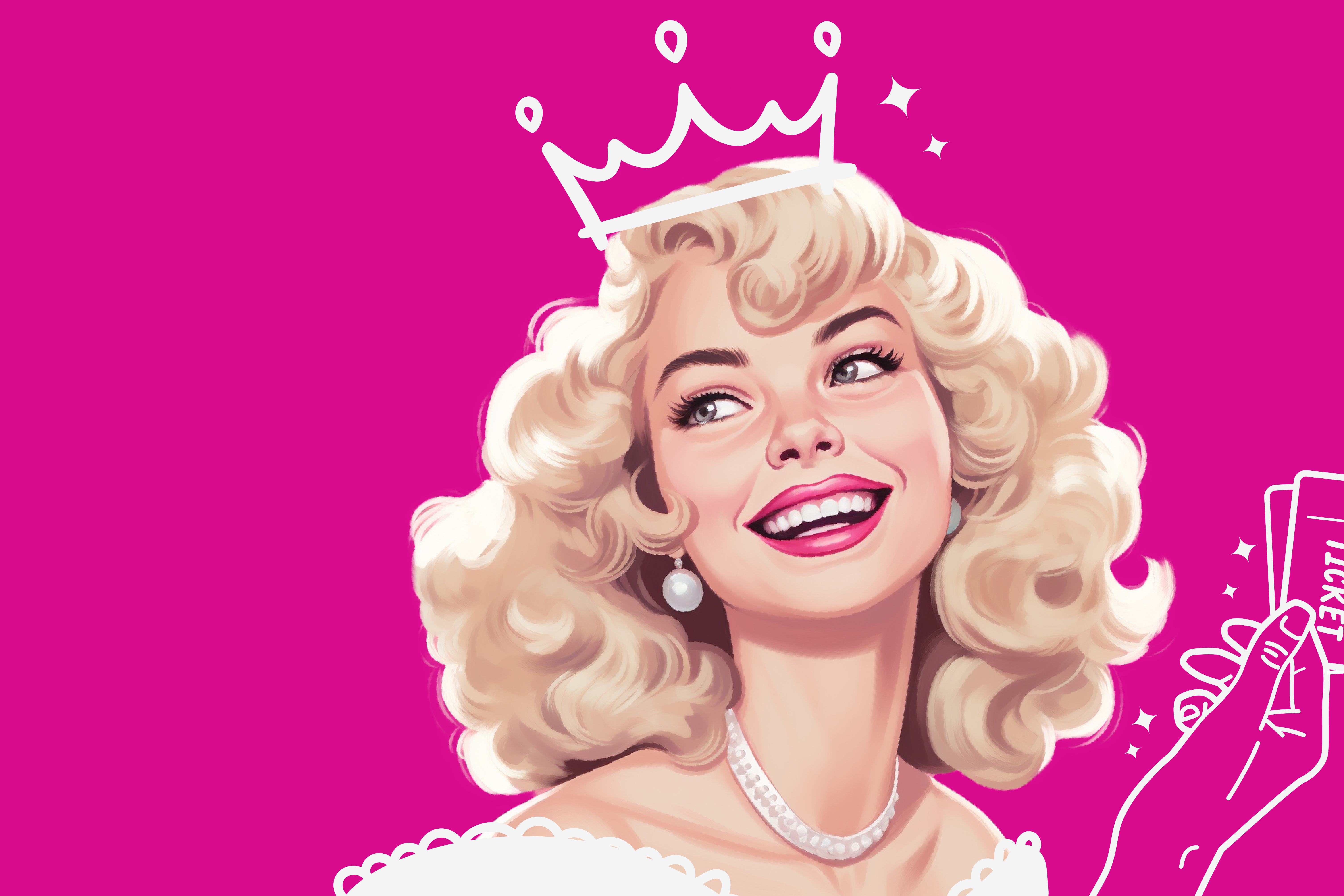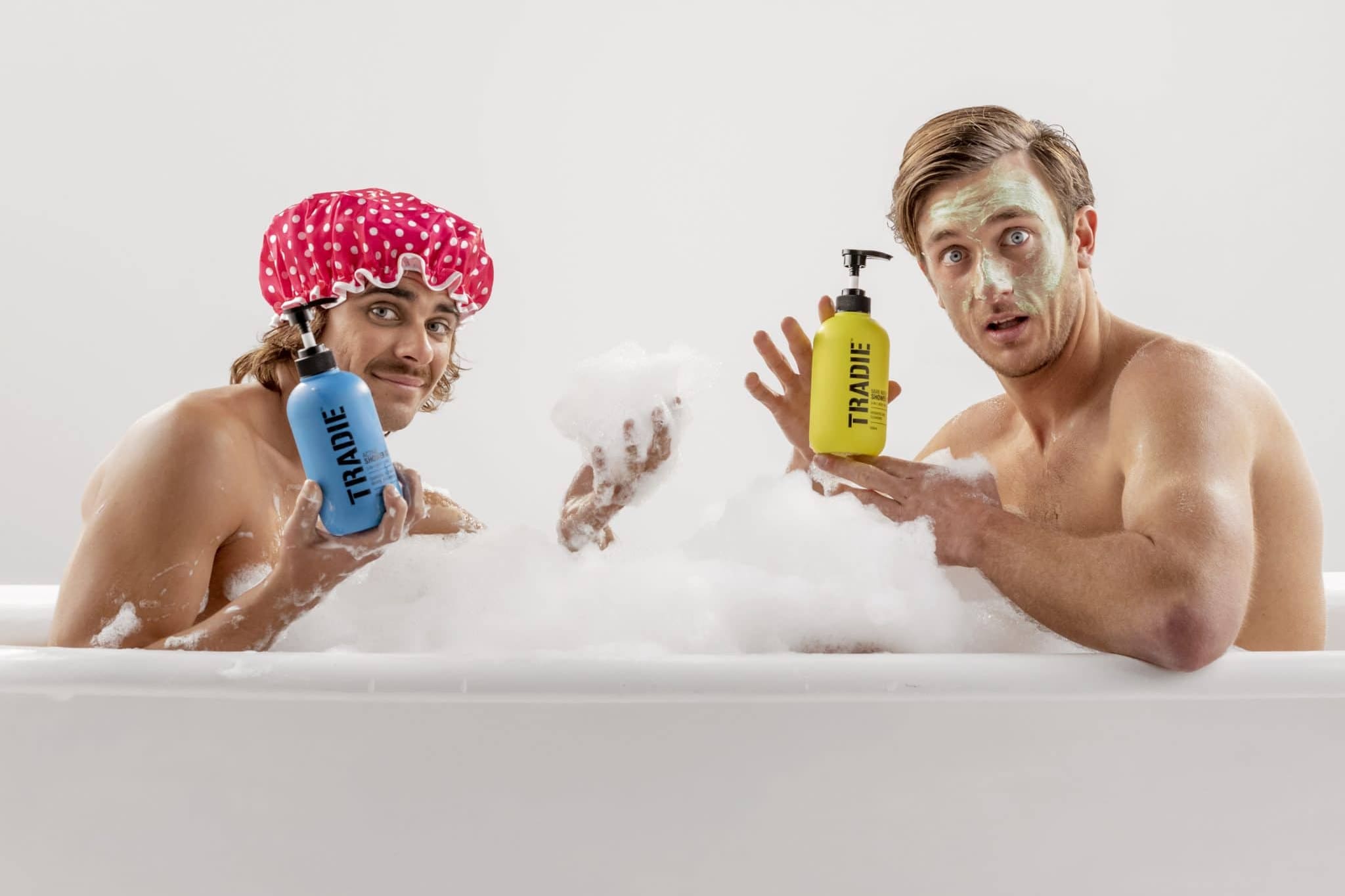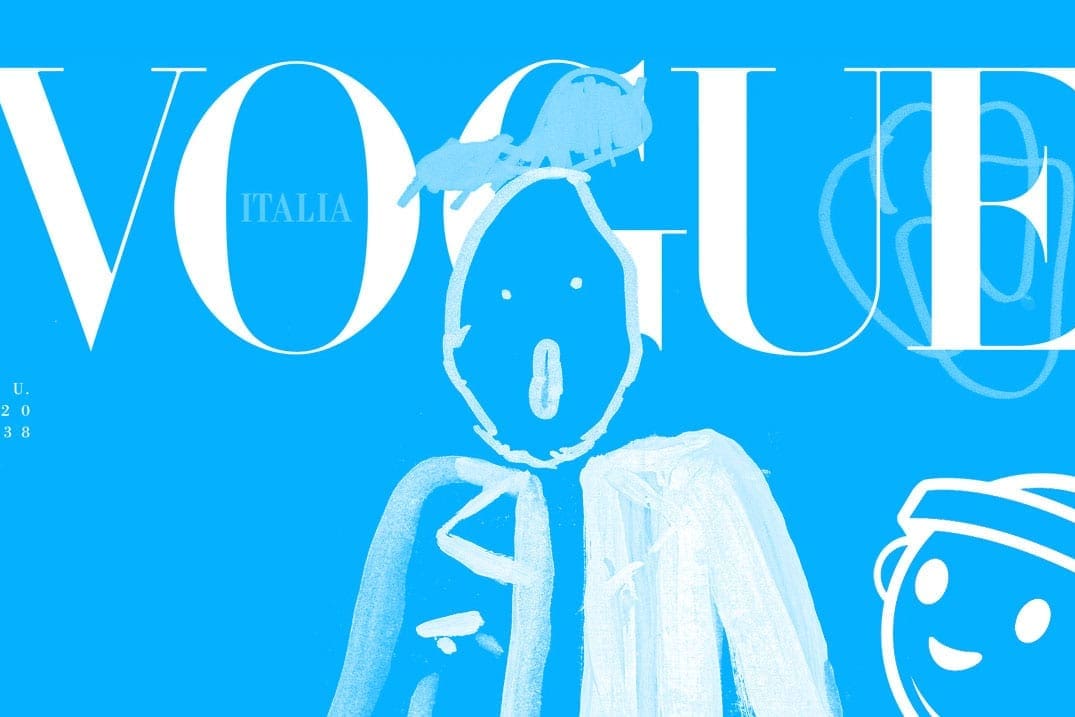// INCYMI
April 2022
In the spirit of the season, there are some super sweet things going on this Easter. Here’s what you might have missed when you were stocking up on chocolate.
Be egg-cellent to each other and party on, dudes.
- Playtype
- Qantas
- Skittles
- Creative Sheroes
- CPB London
- Ogilvy
- Museum of Old and New Art
- City of New York
- Sesame Street
- Curtice Brothers'
Who said print is obsolete? Type company, Playtype, has brought back a bespoke typeface from an out-of-print publication. Degan, a danish newspaper, was created over twenty years ago, to the be peak of publishing: aesthetically, politically and journalistically. It folded after 41 days. A font was created specifically for the newspaper, and with its demise, became something of an urban legend among typographers. For the launch of Publish Gothic, Playtype partnered with Weekly World News, to create a series of posters presenting some favourite headlines from the iconic publication.

On the topic of bringing back a classic, Qantas’ new ad was released this month… raise your hands if hearing ‘I still call Australia home’ again made you weirdly emotional. Filmed pre-covid, it was unable to be released until this month due to the whole ‘no one was allowed to go anywhere’ thing. Now they’re back in and on the air, it’s become less an ad for flights and more a symbol of life returning to normal.

Skittles has rereleased their lime flavoured skittle, with a new campaign showcasing all the complaints they received over the years, after changing the flavour of their green skittle from lime to apple. Ooh self-burn, those are rare.

Designer Vanessa La Delfa and copywriter Leah Morris recently released a digital anthology, Creative Sheroes, highlighting advertising women whose work focuses on social change. The anthology and exhibition profiled 26 women in ad-land, driving change in their work. Support your sisters and check it out.

In your mind, imagine a CEO. Now, did you picture a man or a woman? CPB London is tackling the gender bias in our thinking with their new ‘Imagine’ campaign. The striking poster campaign prompts us to imagine a certain role and then asks what gender you pictured. This campaign was prompted after a nationwide study found 39 per cent of primary school children still think women should look after babies and do all the housework, while men go to work.

Ogilvy has declared they will no longer work with influencers who retouch their faces or bodies for brand campaigns, to combat social media’s damage to body image. “We have a duty of care as marketers, as agencies and brands to the next generation of people so they don’t grow up with the same stuff we are seeing now,” says Ogilvy’s head of influence Rahul Titus. Right on.

Speaking of bodies, the Museum of Old and New Art in Tasmania has released a line of chocolates shaped like vulvas, because of course they have. Made by hand, presumably while The Divinyls was playing, by local Tasmanian chocolatiers, this serves as an expansion of their long standing exhibition by artist Greg Taylor. The chocolates have already sold out, because nobody ever lost money underestimating the tastes of the internet.

Florida recently signed a “Don’t Say Gay” bill into law, which bans discussion of sexual orientation and gender identity in public schools. In a subtle ‘screw you’ tourism campaign, the City of New York is encouraging Floridians to do what every self-respecting queer kid does and move out of your backwater town into to a big city. The campaign will run in five Florida cities, letting people know all are welcome in the Big Apple.

Sesame Street has unveiled their newest puppet, Ameera, a wheelchair user designed to inspire disabled children. Ameera has a spinal cord injury (huh, muppets have spines) and likes basketball and science, also encouraging girls in STEM. Damn, those puppets do more than some people ever will. Sesame Street has a long and admirable history of providing representation in media – and Ameera will be a great new kid on the block for the almost 240 million children worldwide living with disability.




The blindest of blind taste tests has occurred, with Ketchup brand Curtice Brothers’ ingenious new campaign. Playing the long con, they scoured Berlin for the lowest rated restaurants, gave them bottles of ketchup to place on their tables, and waited to see if the reviews changed. Turns out, everyone’s picky little brothers were right, tomato sauce makes everything more edible.




Over on Reddit, r/place returned this year, highlighting the diversity of internet culture and how alive and powerful these online communities really are. Created by Josh Wardle (inventor of everyone’s favourite online puzzle Wordle), r/place was a blank digital canvas made up of one million pixels, where users could replace a pixel with a single colour once every five minutes. If you joined up with other like minded people, you could make a masterpiece. More than 5.9 million tiles were placed per hour by over 1.7 million users, from 236 different countries and territories. If being mesmerised by this chaotic masterpiece isn’t enough, the data is open source for anyone who wants to look under the hood.
Extra, extra!
Read all about it!Check out our latest INC news and views.
October 23, 2023
Press Release: Say G’Day to Tradie Beer in Latest Spots via The Incubator
Tradie is stepping into the next great Australian territory - beer!
May 28, 2021
INCYMI: May
Ch-ch-ch-ch-changes! Turn and face the strange this month, as lots of changes are on the horizon, and others are desperately needed.
August 23, 2019
Press Release: Tradie No Bounce
Tradie has launched a new campaign to promote its ‘No Bounce’ men’s underwear featuring brand ambassador Nick ‘Honey Badger’ Cummins, developed by Melbourne…
March 7, 2023
Press Release: Tradie Bamboo – So much Nature
Tradie pits undies against the elements with their new breathable bamboo no-chafe collection.
December 1, 2021
INCYMI: DECEMBER
It’s the most wonderful time of the year; where every ad you watch carries the risk of awkwardly bursting into tears at your desk, as businesses the world over…
October 26, 2023
Press Release: The Incubator wins PropertyMate account in competitive pitch
Property Mate has appointed The Incubator as its…
March 4, 2024
INCYMI: February
While the halftime ads might steal the spotlight, who says you need a billion-dollar budget to make a splash?
April 29, 2024
INCYMI: April
This month, we're covering the stumbles and shakeups that you might've missed in the world of branding.
May 29, 2023
Press Release: Brick Lane Brewing crushes it at global ‘Crushies’
Brick Lane Brewing crushes it at global…
February 12, 2023
INCYMI: FEBRUARY
Is your name Google? Cause you're everything we're searching for Love is in the air... and print, and digital marketing this month.
June 16, 2023
INCYMI: JUNE
You gotta fight for your right to party this month, as we explore the handful of campaigns that have successfully managed to slip through the rainbow coloured…
May 9, 2023
Press Release: Tradie Storm Boys Scrub Up Alright
Melbourne Storm boys scrub up alright in Tradie’s latest spots via The Incubator
March 4, 2024
Press Release: Tradie trades Cooee for Gingaaaah in Latest Spots
Tradie have now released their new Ginger variety with a play on the classic Aussie bush call “Coooeeeee”
October 21, 2022
INCYMI: OCTOBER
“It’s time. It’s time. Time for the big giveaway. Halloween has come. All you lucky kids with Silver Shamrock masks, gather ’round your TV set, put on your…
March 15, 2021
INCYMI: March
As the Weirdest Year Ever™ is in our rearview mirrors, we're looking down the road by looking back at some of the weird and interesting things that have…
June 28, 2019
INCYMI: June
Welcome to our first In Case You Missed It. Some of the more interesting things that landed on our desks over the last month.
August 30, 2022
INCYMI: AUGUST
Come with us if you want to live, as we're witnessing the beginnings of a technology takeover. Advertising is taking steps into sci-fi and trying out new…
March 23, 2021
Press Release: Tradie Bamboo Socks
Tradie gets footloose with new bamboo socks spot via The Incubator.
August 25, 2023
INCYMI: AUGUST
This month, it seems like everyone’s been struck by girl power. Between the Matildas almost getting us a public holiday and Mattel dolls being advertised at a…
August 7, 2020
INCYMI: July
Here we are again, because time is a flat circle and a week is a month is a day. There’s been a lot of bending, twisting and pivoting going around, and I gotta…
